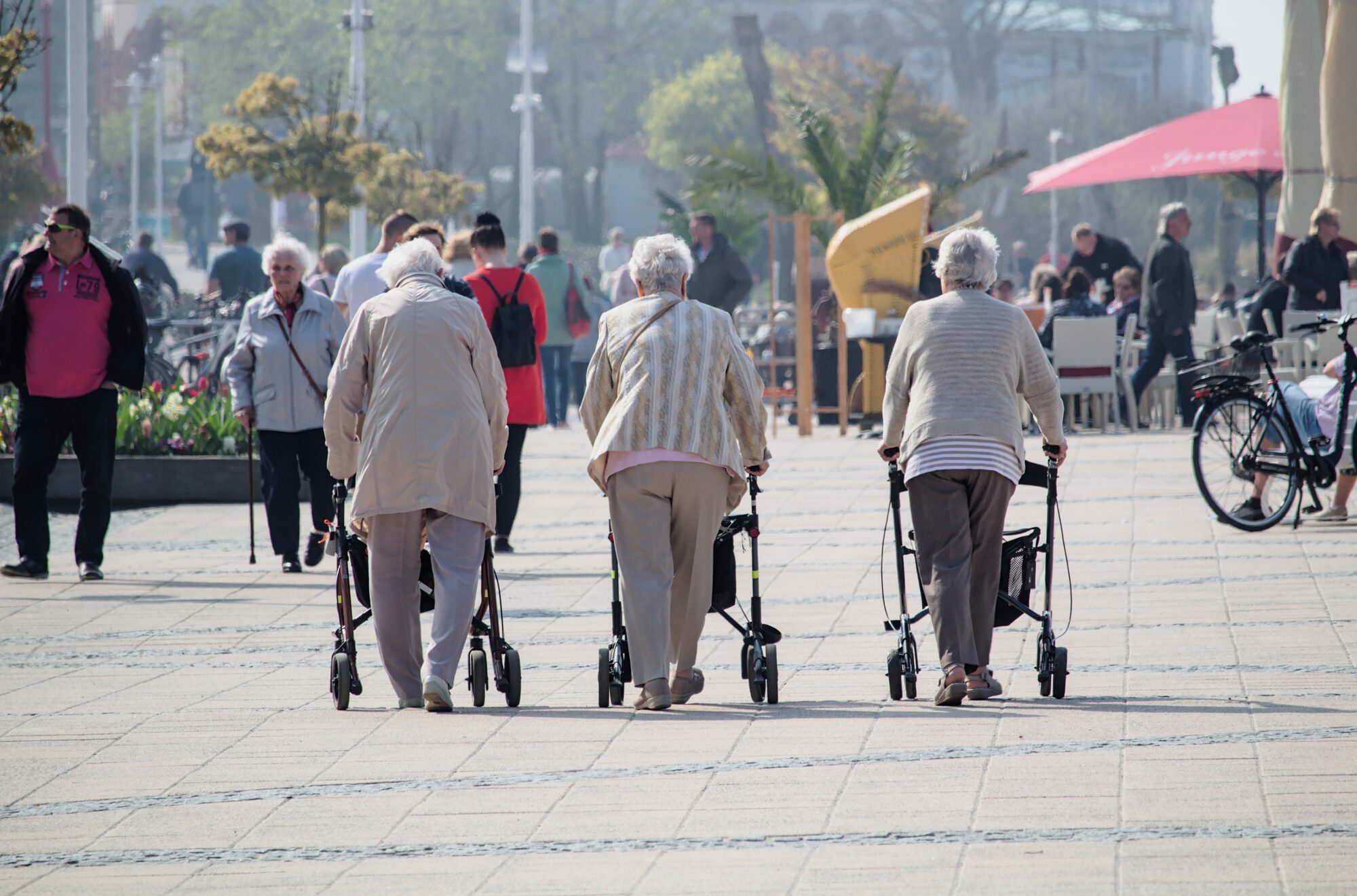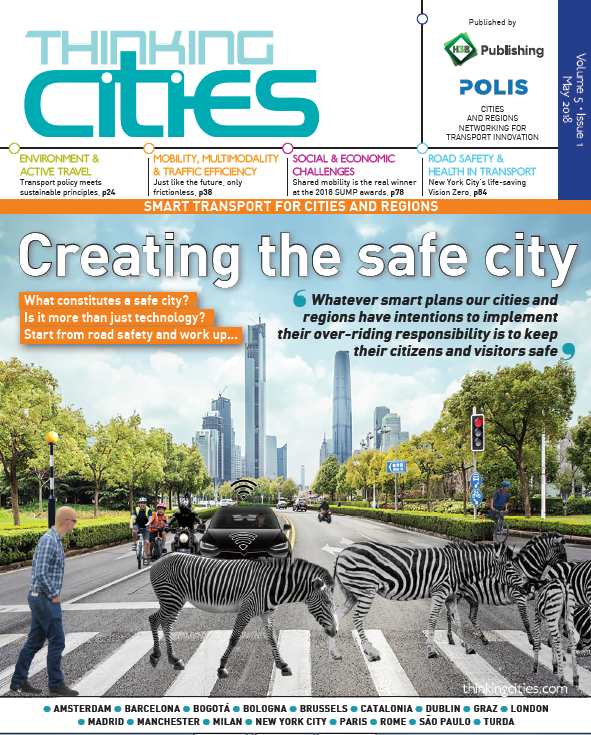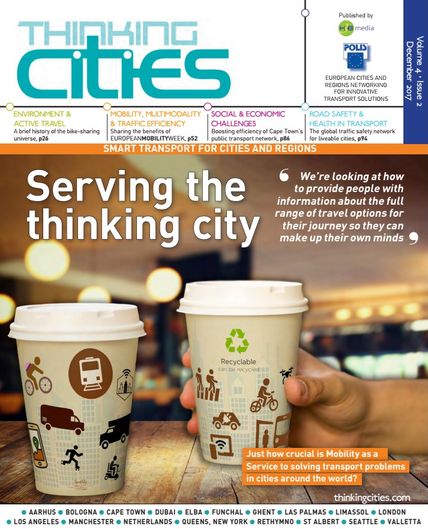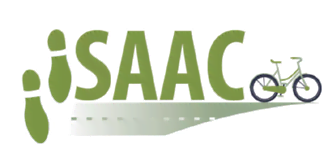Walking and Wheeling
Walking and wheeling are the most sustainable and democratic modes of transport, catering to everyone regardless of age, gender, or social status. These modes share the characteristics of not producing any emissions and not imposing any cost on those who uptake them.
Not only are walking and wheeling examples of sustainable modes, but they also constitute forms of physical activity. As such, they can boost users’ physical and mental health, with benefits like reduced risks of cardiovascular diseases, stress, and anxiety. Moreover, walking and wheeling foster social interaction and community connection, encouraging people to actively engage with their surroundings and increasing their sense of belonging and social well-being.
For many, walking or wheeling is not a choice but their only viable mode of transport. Therefore, cities must remove any obstacles to these modes and ensure they are universally accessible. City administrations need to prioritise the creation of safe, accessible, and comfortable pedestrian routes in urban areas, alongside measures to actively promote the modal share of walking and wheeling. Within the Working Group on Active Travel & Health, POLIS ensures that the prioritisation of walking and wheeling will be high on the agenda when discussing sustainable mobility through constant exchange and open discussions, looking at the needs, benefits and interactions of walking and wheeling within urban mobility systems.
Projects
Projects such as ELABORATOR and HL4EU take a closer look into how walking and wheeling can take centre stage in urban areas and support improved quality of life, inclusivity and climate neutrality, while the PHOEBE project wants to ensure that cities can achieve safer street environments, especially for people walking and wheeling.
Why use walking and wheeling?
Both terms describe moving at a pedestrian’s pace, unaided or aided, and using them together brings representation to a broader group of people since people identify with them differently. You can learn more here.

World Health Day 2025: On transport and the health of women, babies, and everyone, really

Member in the Spotlight: Vienna
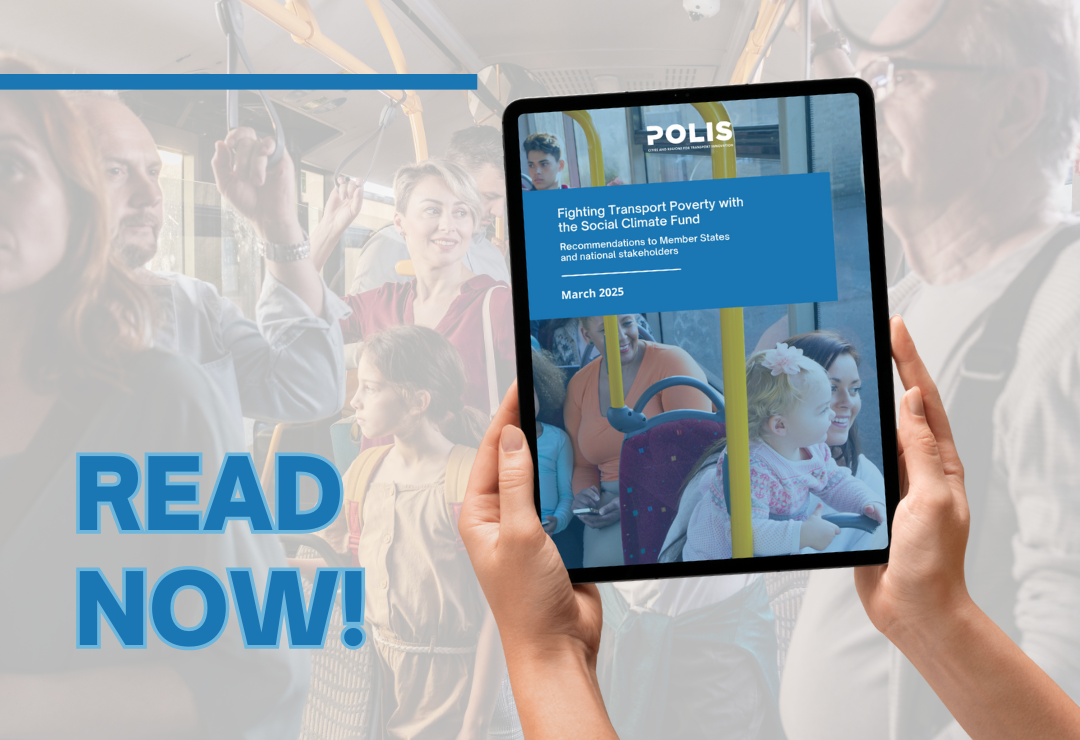
New POLIS policy paper sees Social Climate Fund as a key tool to fighting transport poverty
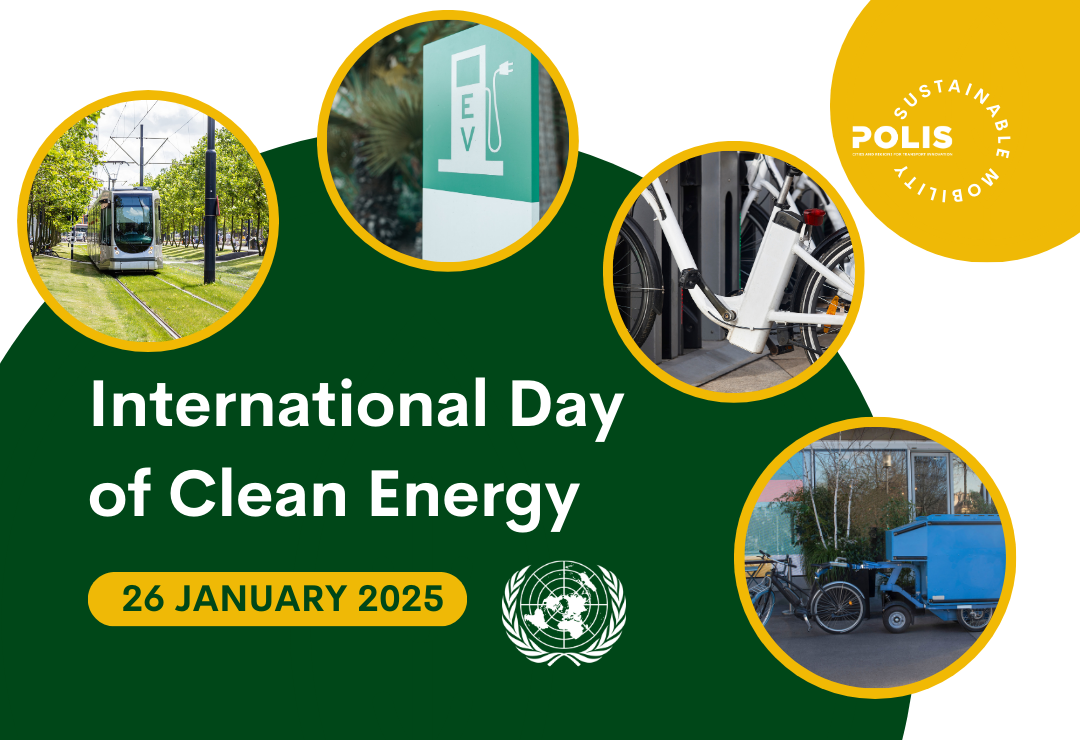
POLIS celebrates the increasing relevance of International Day of Clean Energy
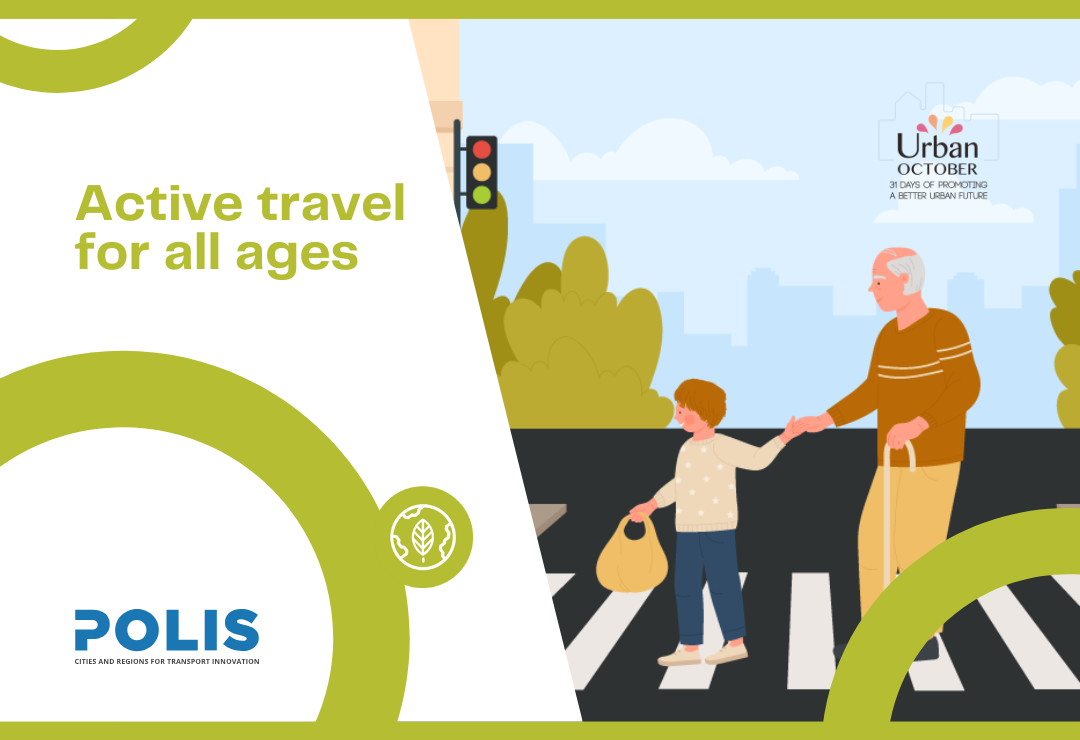
Active travel for all ages: POLIS’ Active Travel & Health Working Group dives in
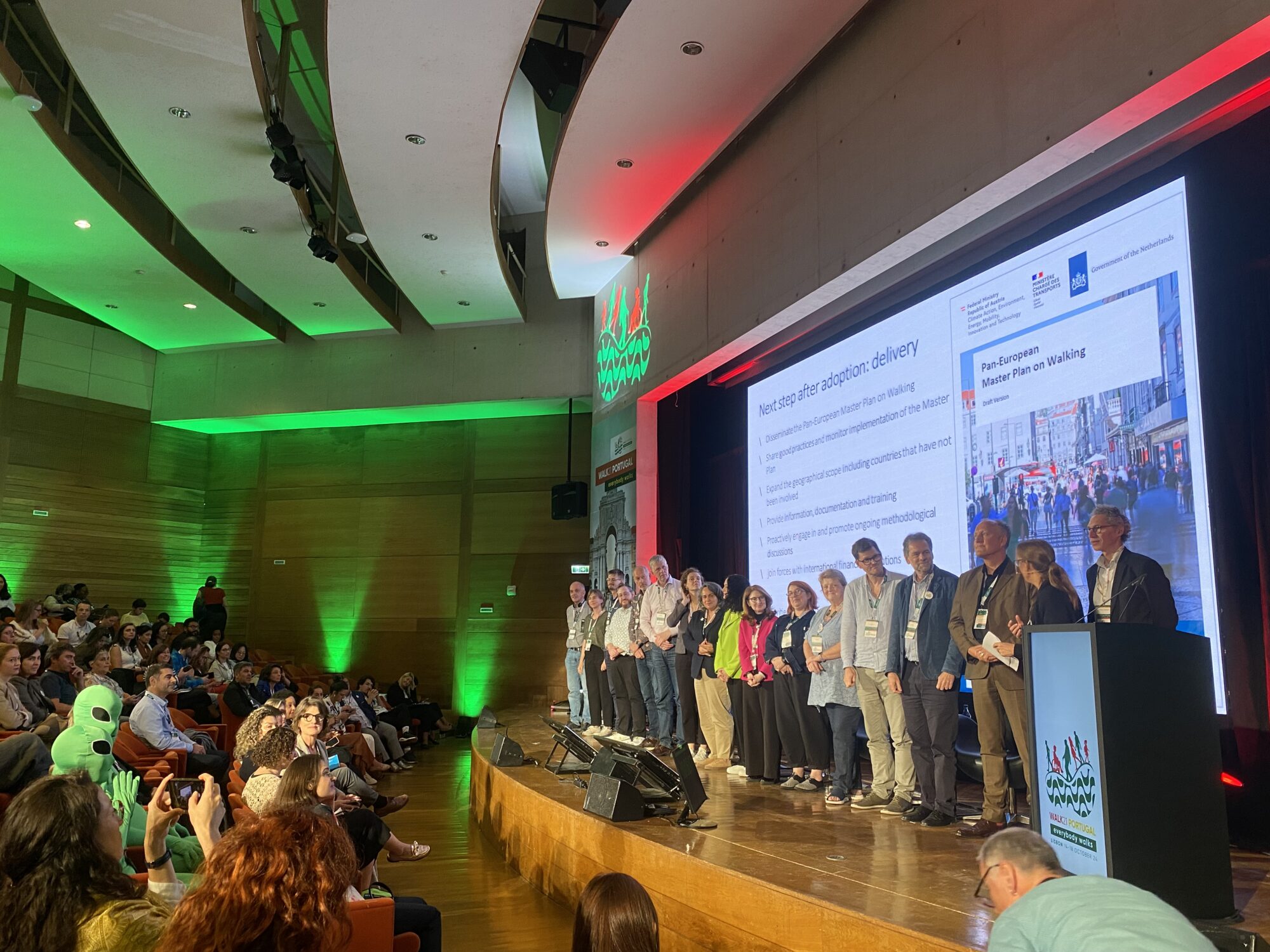
Walkability for a more inclusive future takes centre stage at Walk21 Portugal

Breaking Barriers: Interview with Wheels for Wellbeing on inclusive cycling
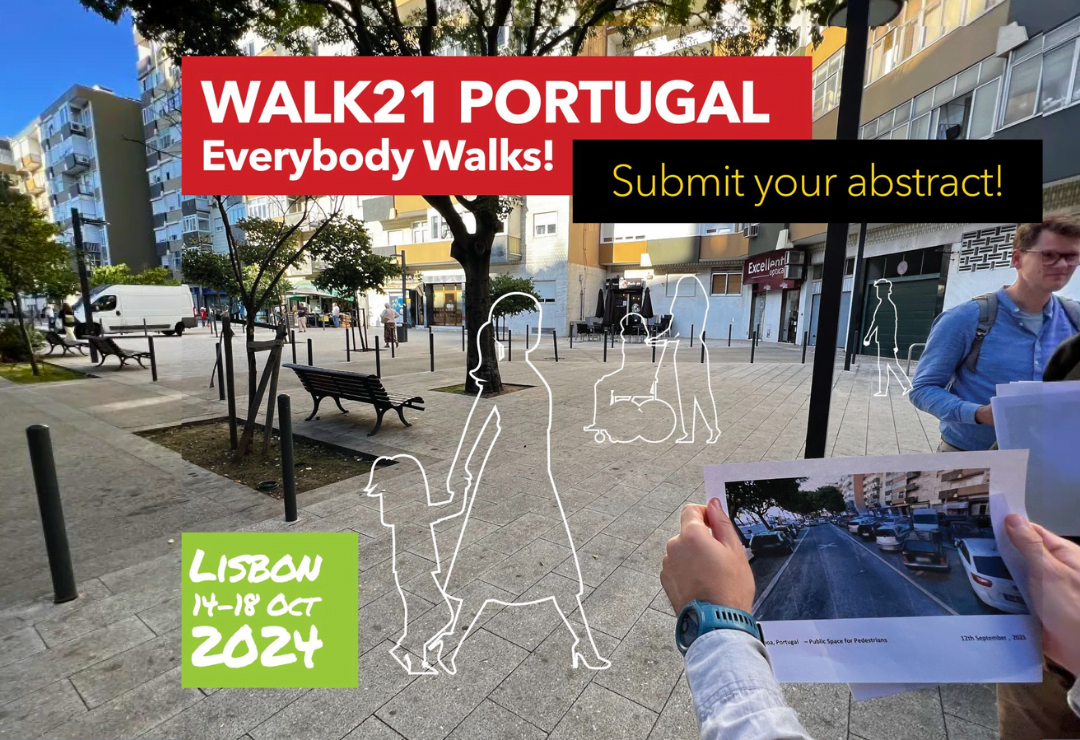
Submit your abstract for the 2024 Walk21 Conference!
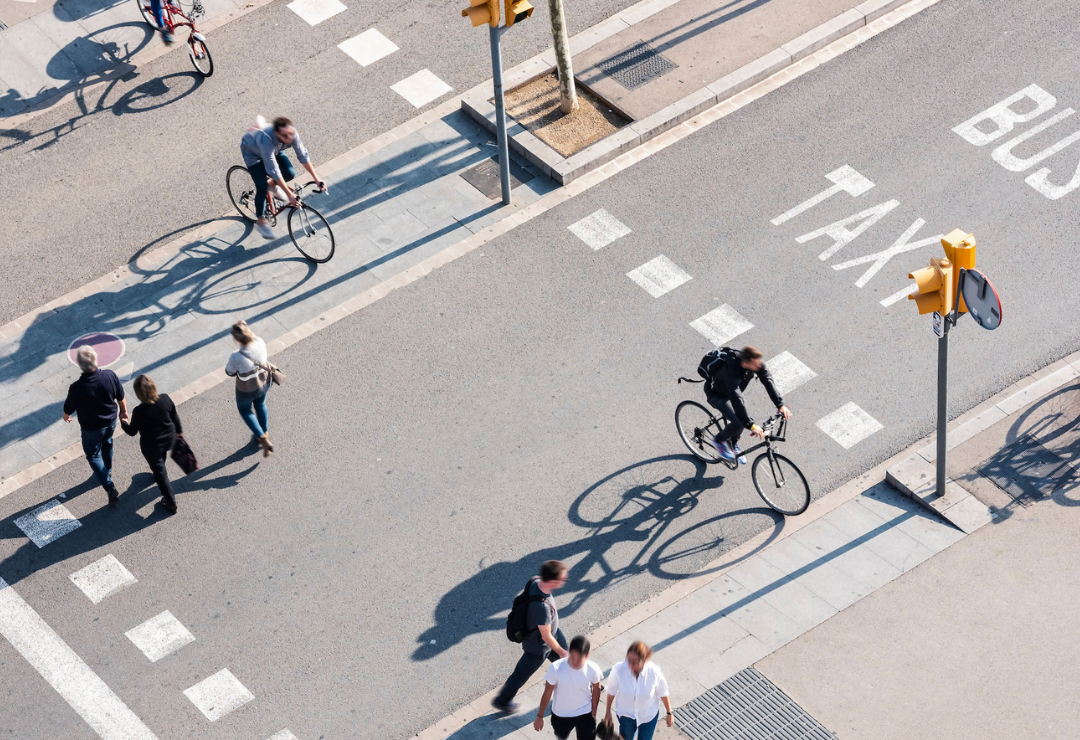
Exploring the 15-minute city from concept to practice: POLIS and ACUTE dive in
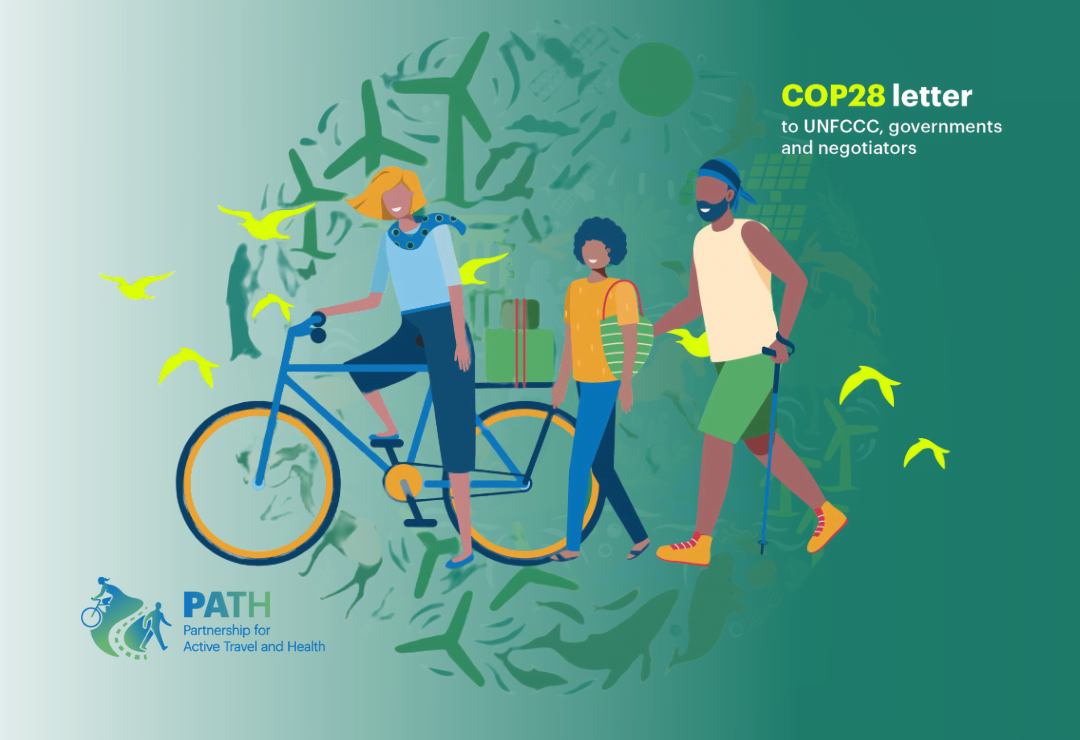
POLIS joins as a cosignatory of PATH COP28 Open Letter advocating for active travel investment in climate goals
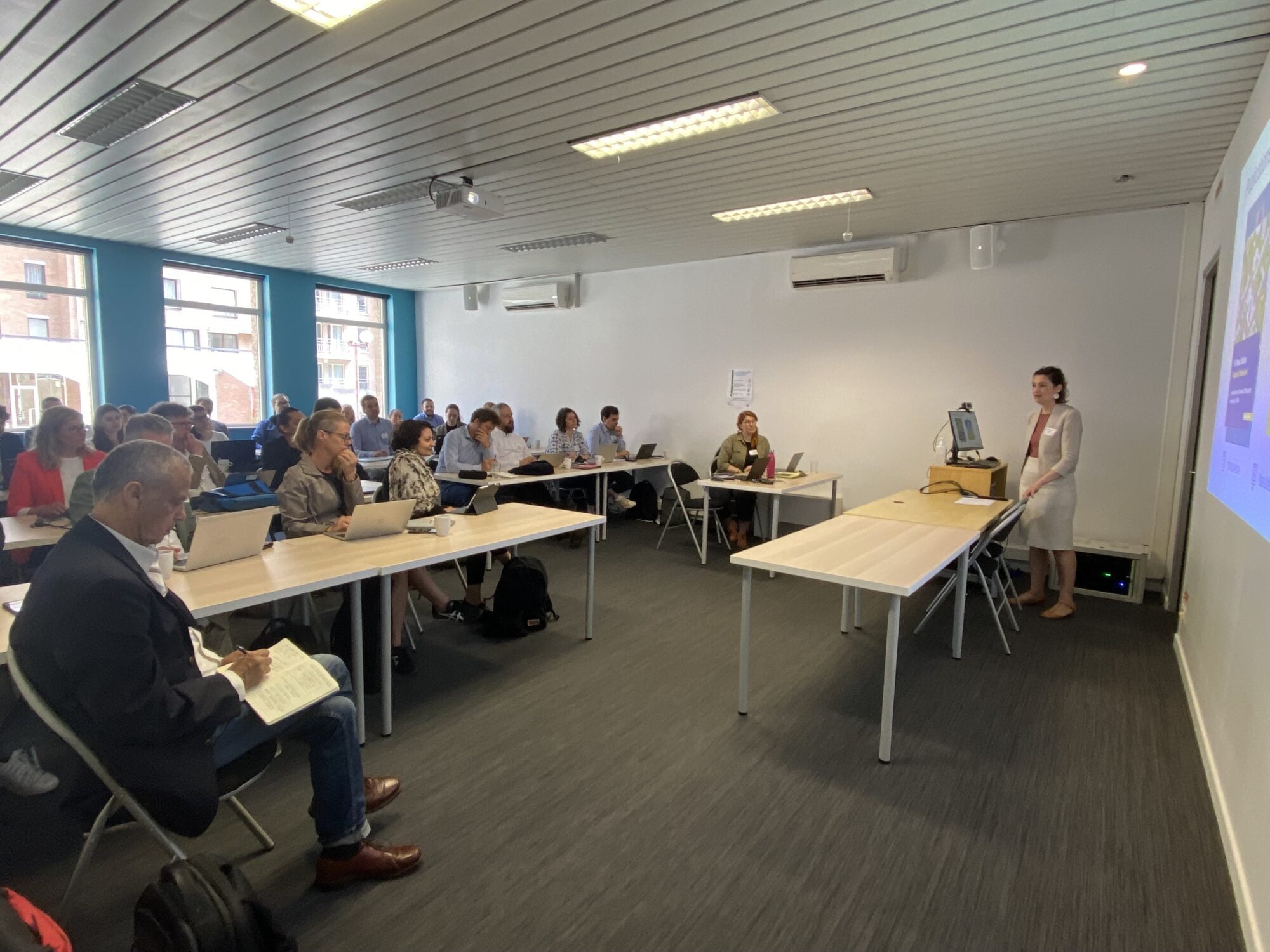
Urban Public Space Design project cluster kicks off for collaboration
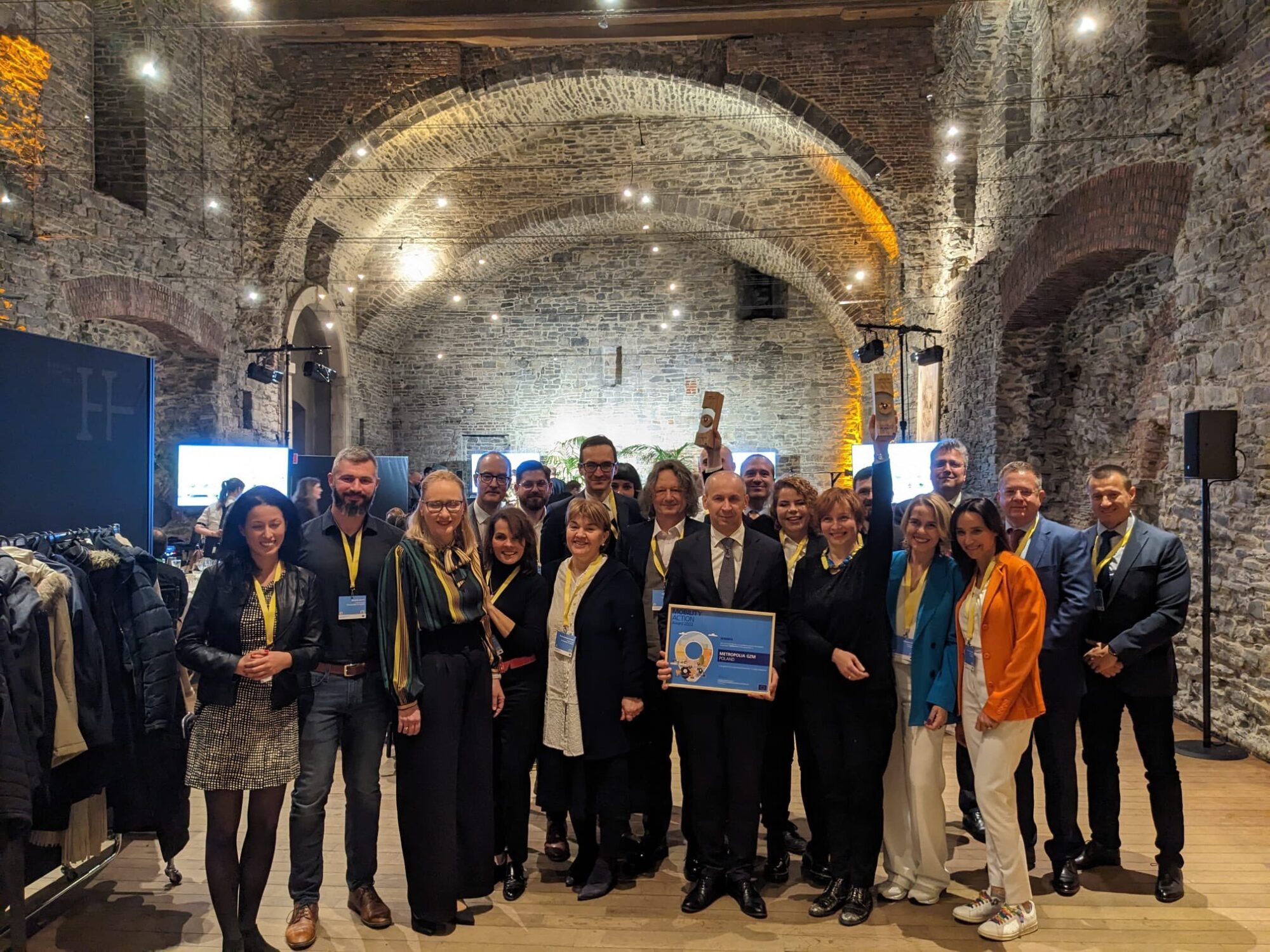
EMW announces winners of its two mobility awards
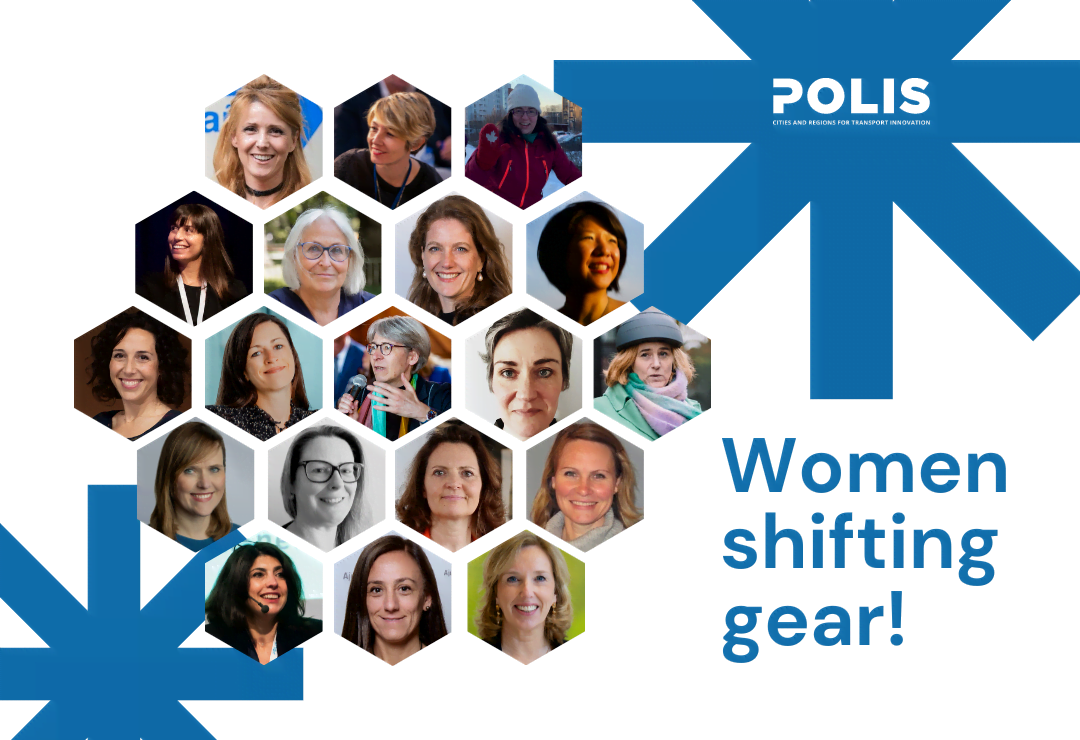
Women shifting gear! Meet the women behind the sustainable mobility transition
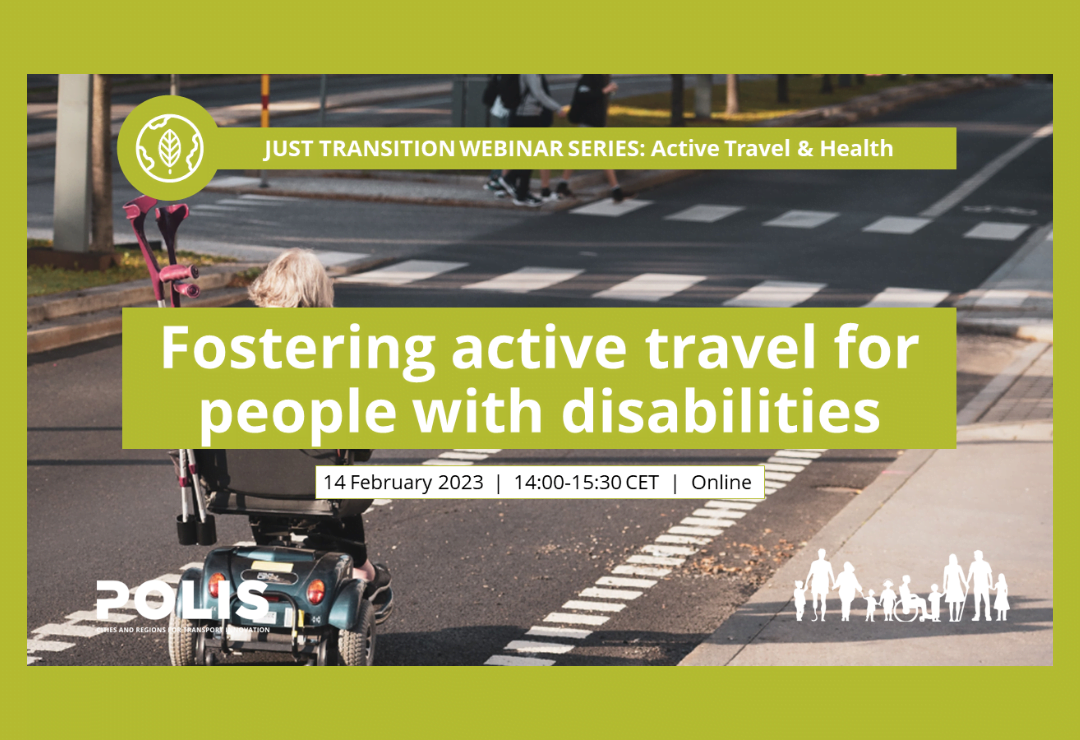
Active Travel Just Transition Webinar: Best foot & wheel forward
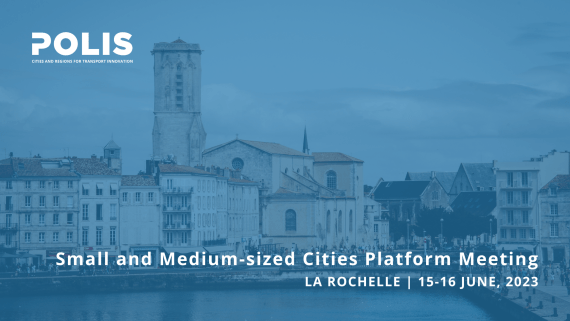
POLIS’ SMC Platform heads to La Rochelle
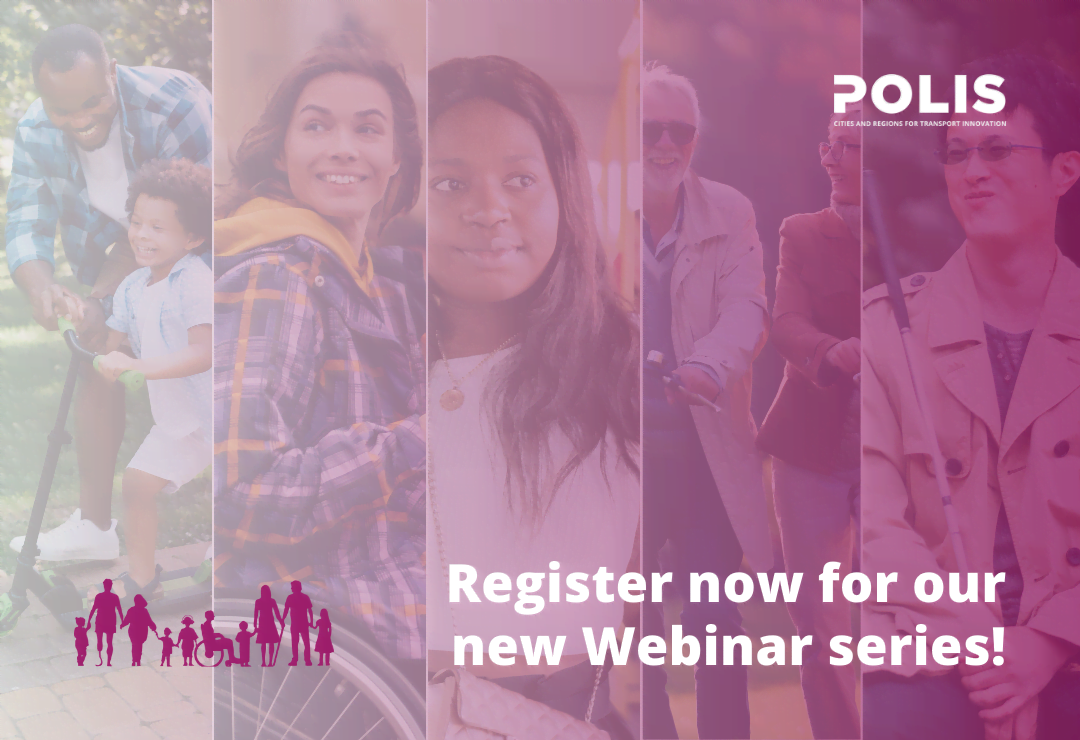
Registrations now open for the Just Transition Webinar series!
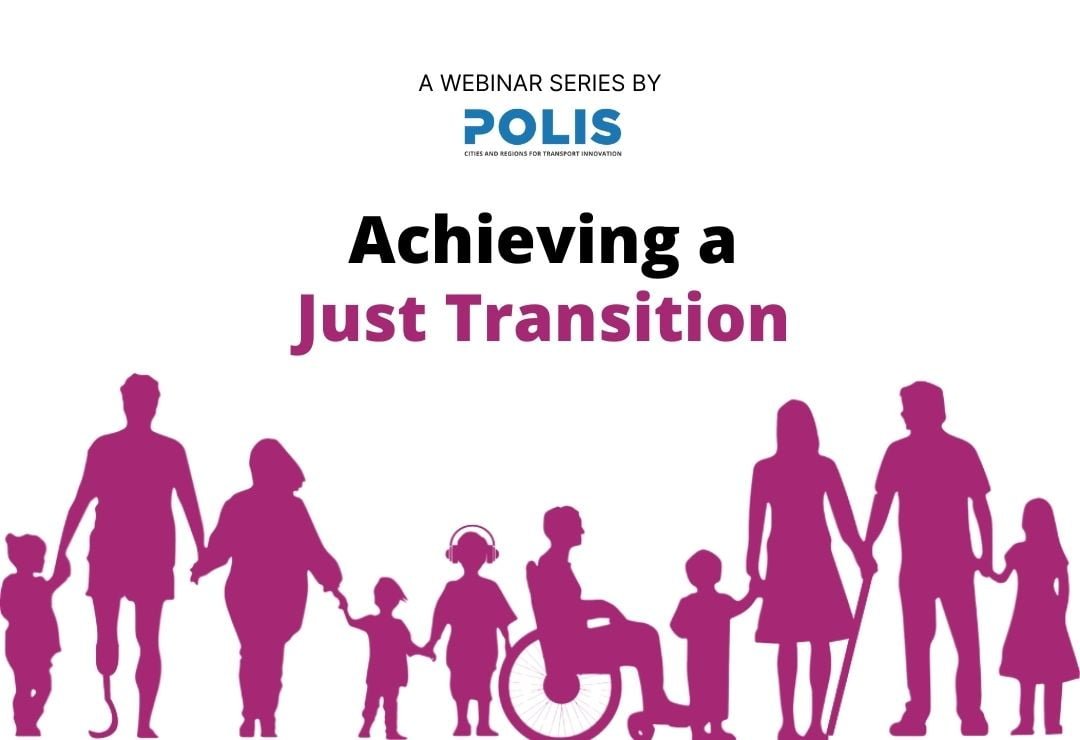
POLIS launches Just Transition webinar series
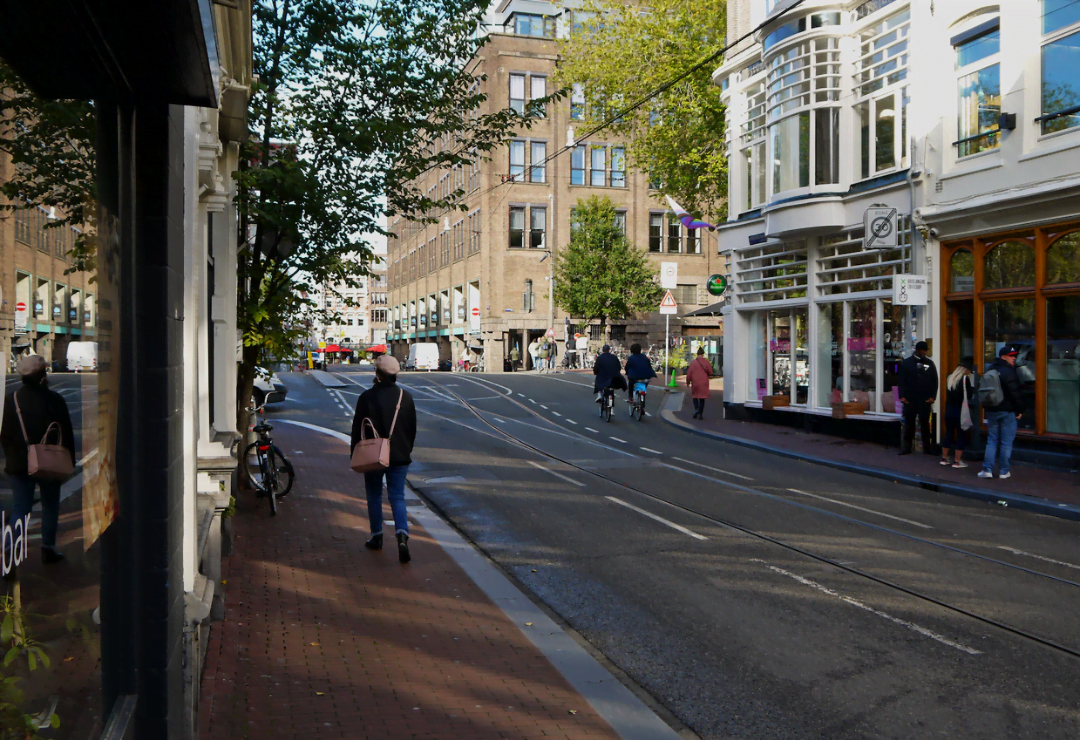
POLIS joins call for investment in active travel
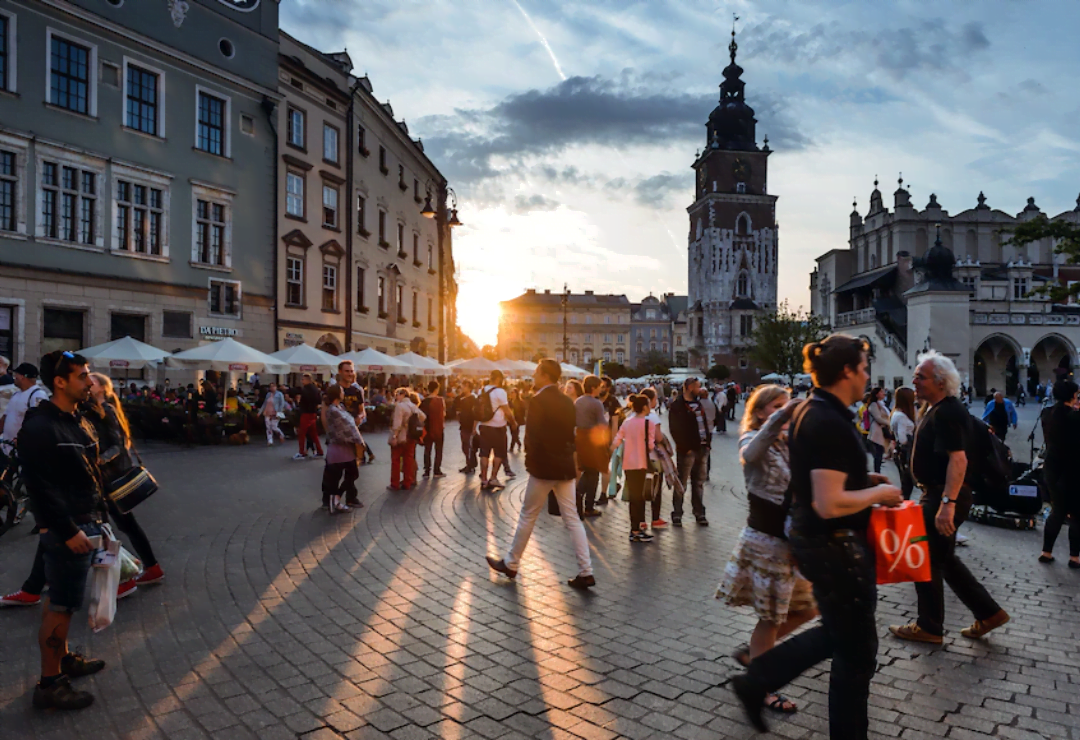
POLIS joins TDA Call to Support Active Mobility Capacity Building
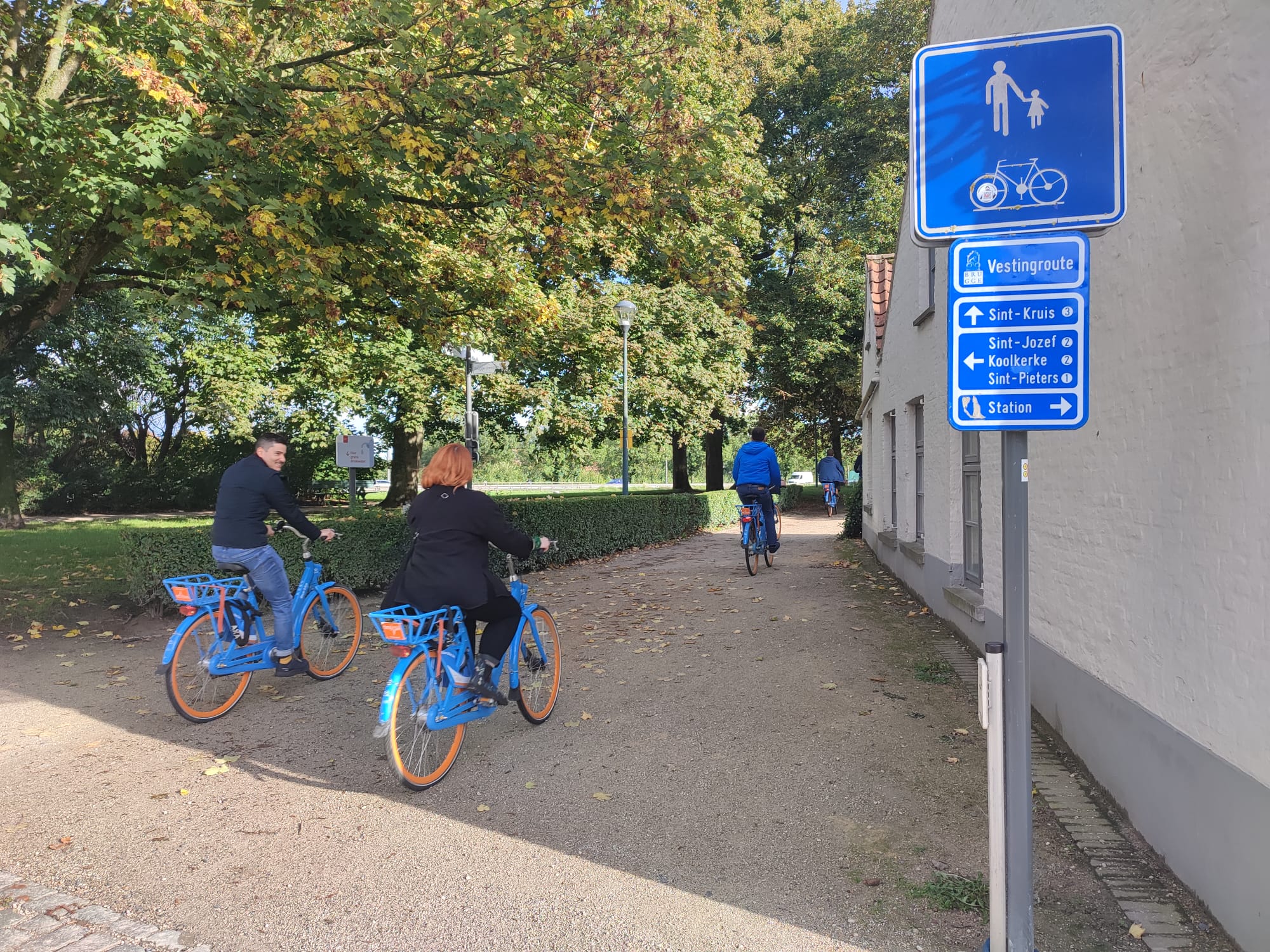
Bruges in the spotlight: A transport transition tour
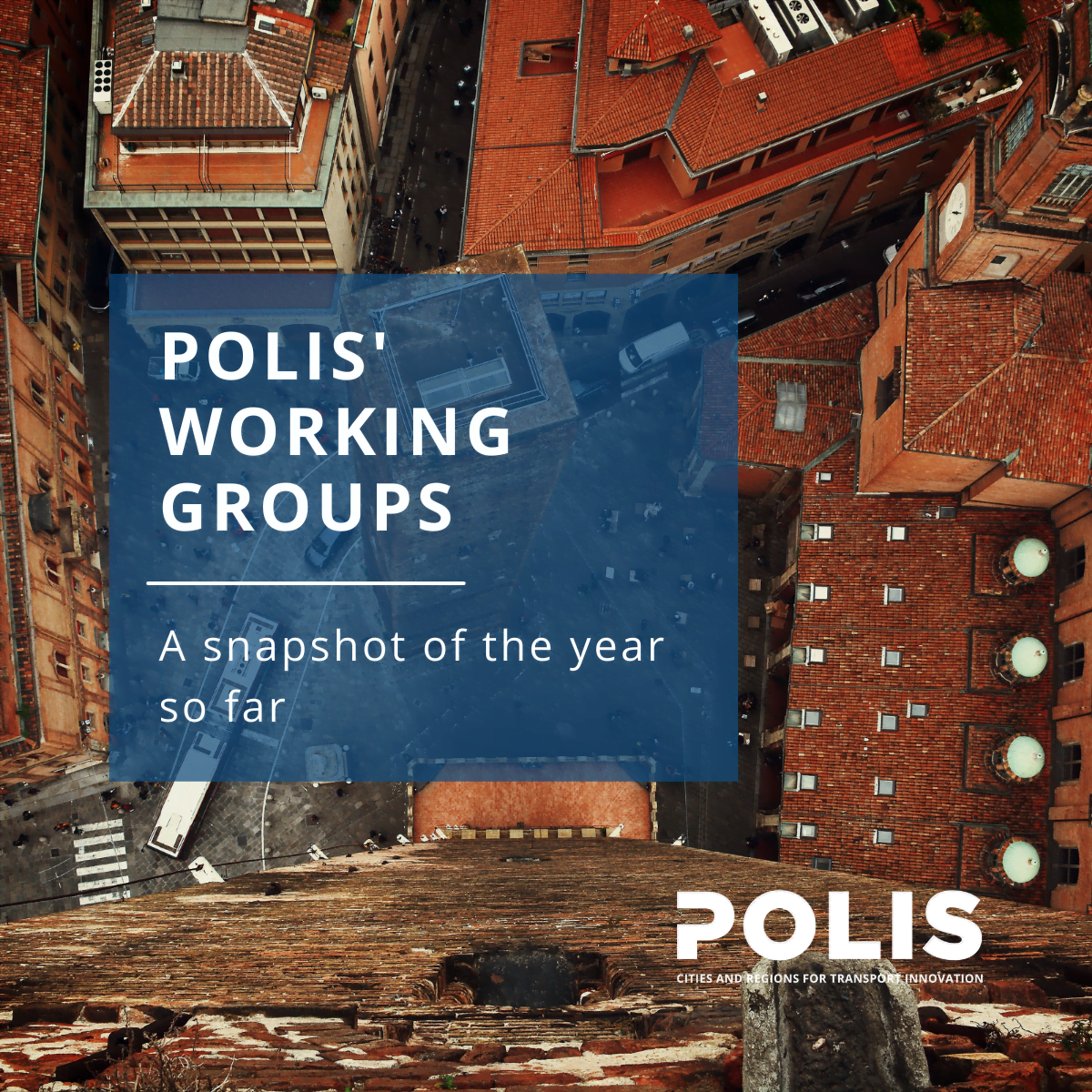
POLIS’ Working Groups: The year so far
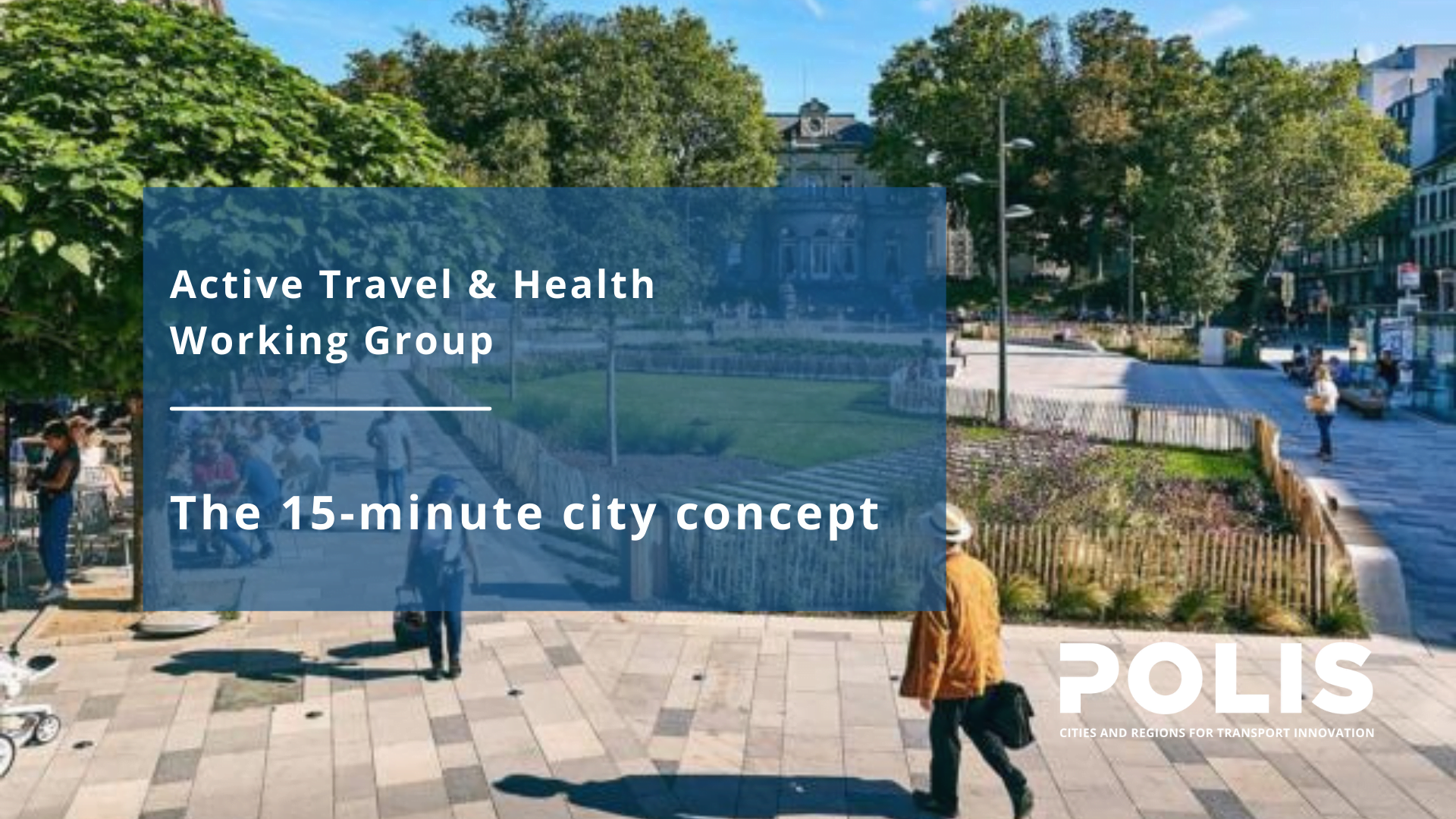
POLIS’ Active Travel Working Group explores the 15-minute city concept
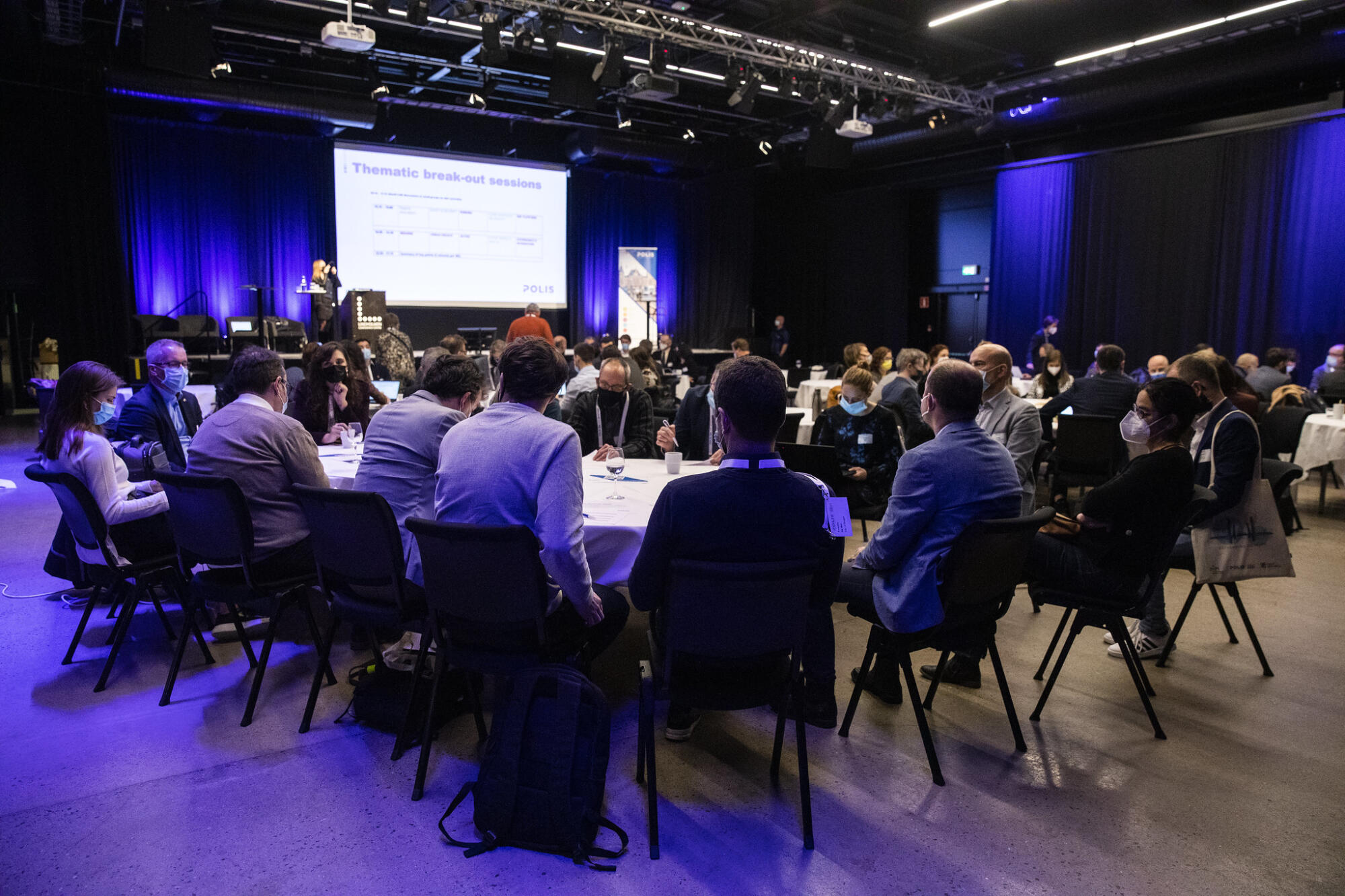
POLIS’ Working Groups: what is on the agenda?
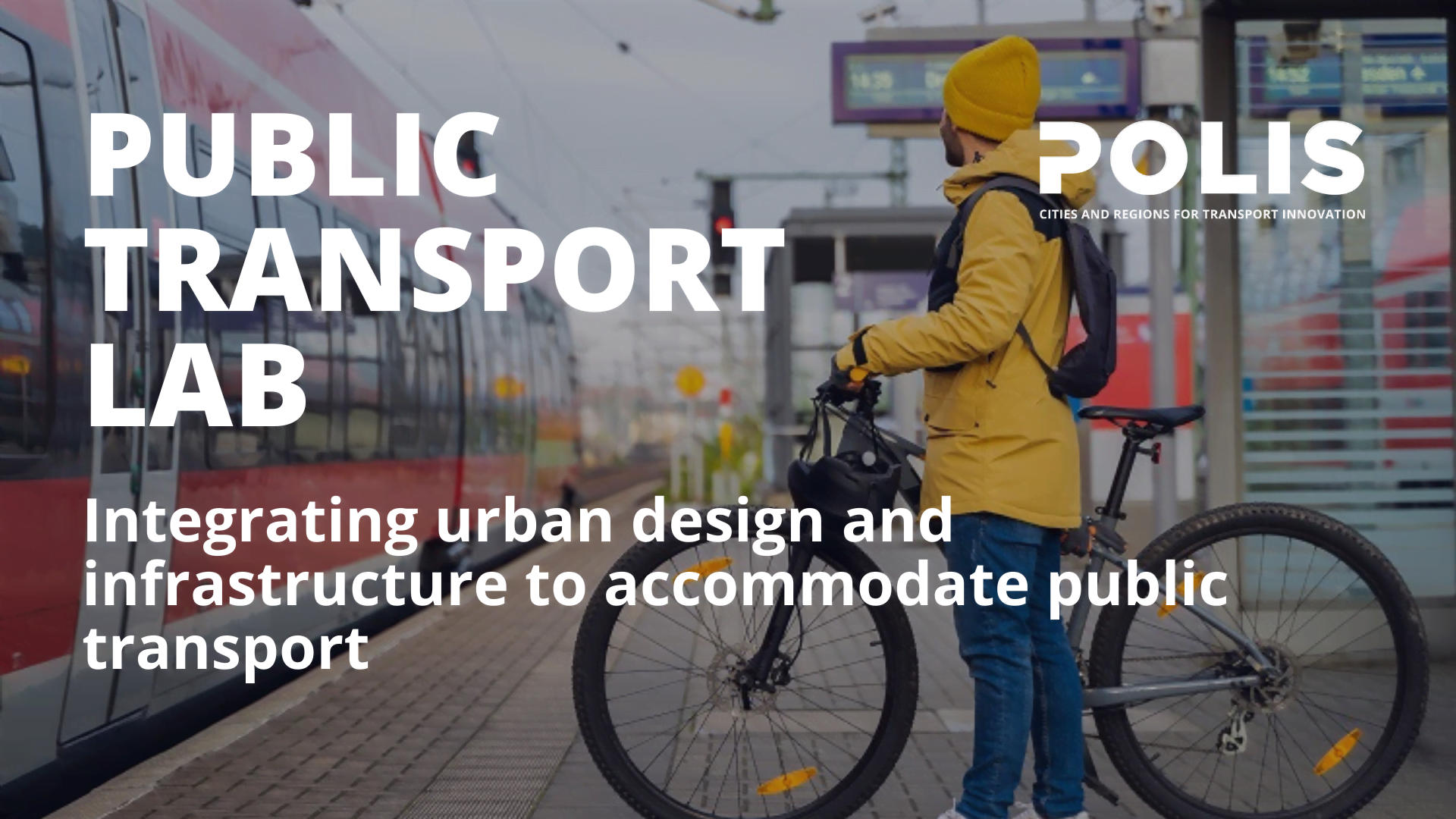
POLIS Public Transport Lab redesigns the city
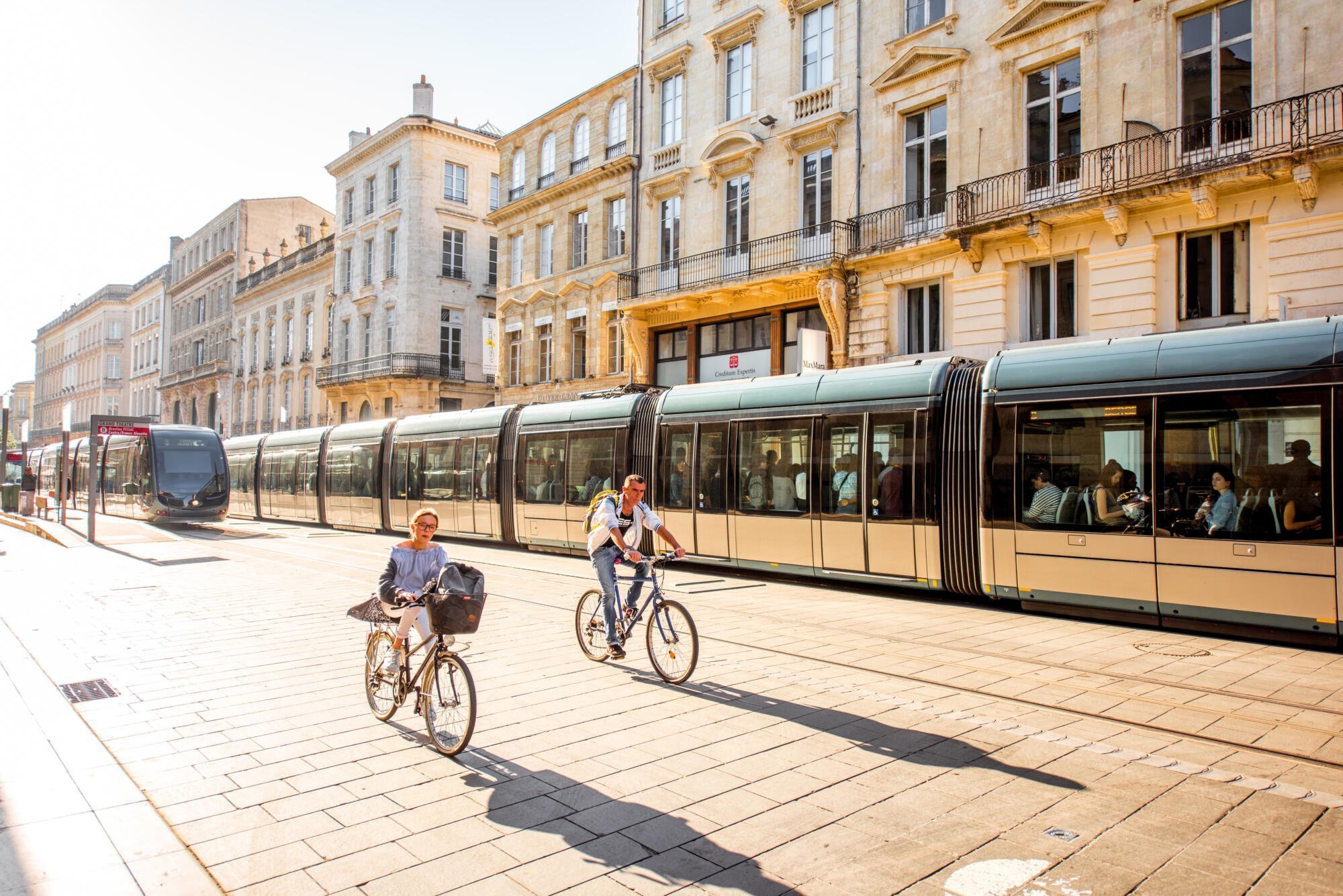
Joint statement: Europe must come together to change urban mobility
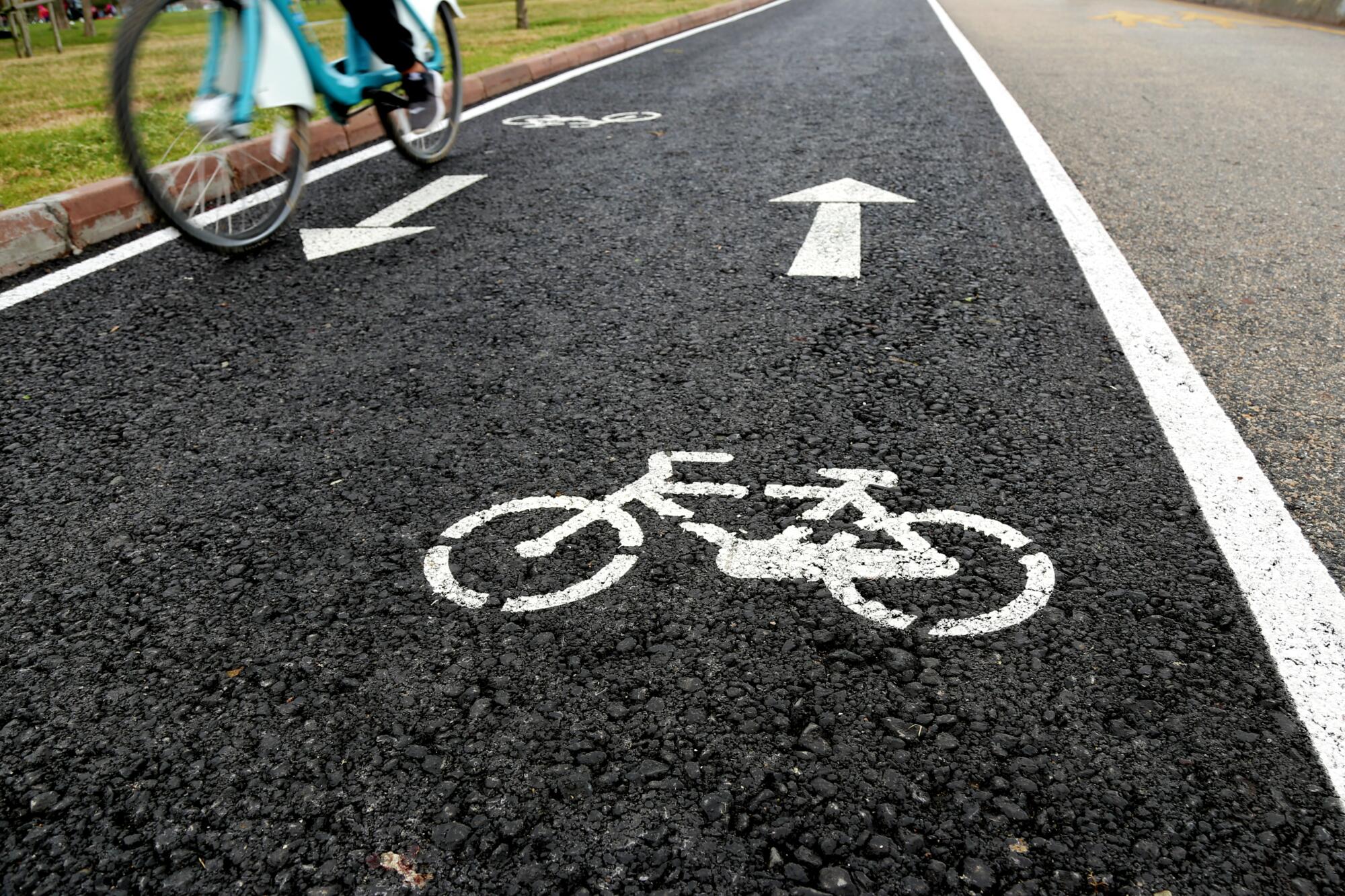
New report reveals barriers and enablers to active travel in mid-life
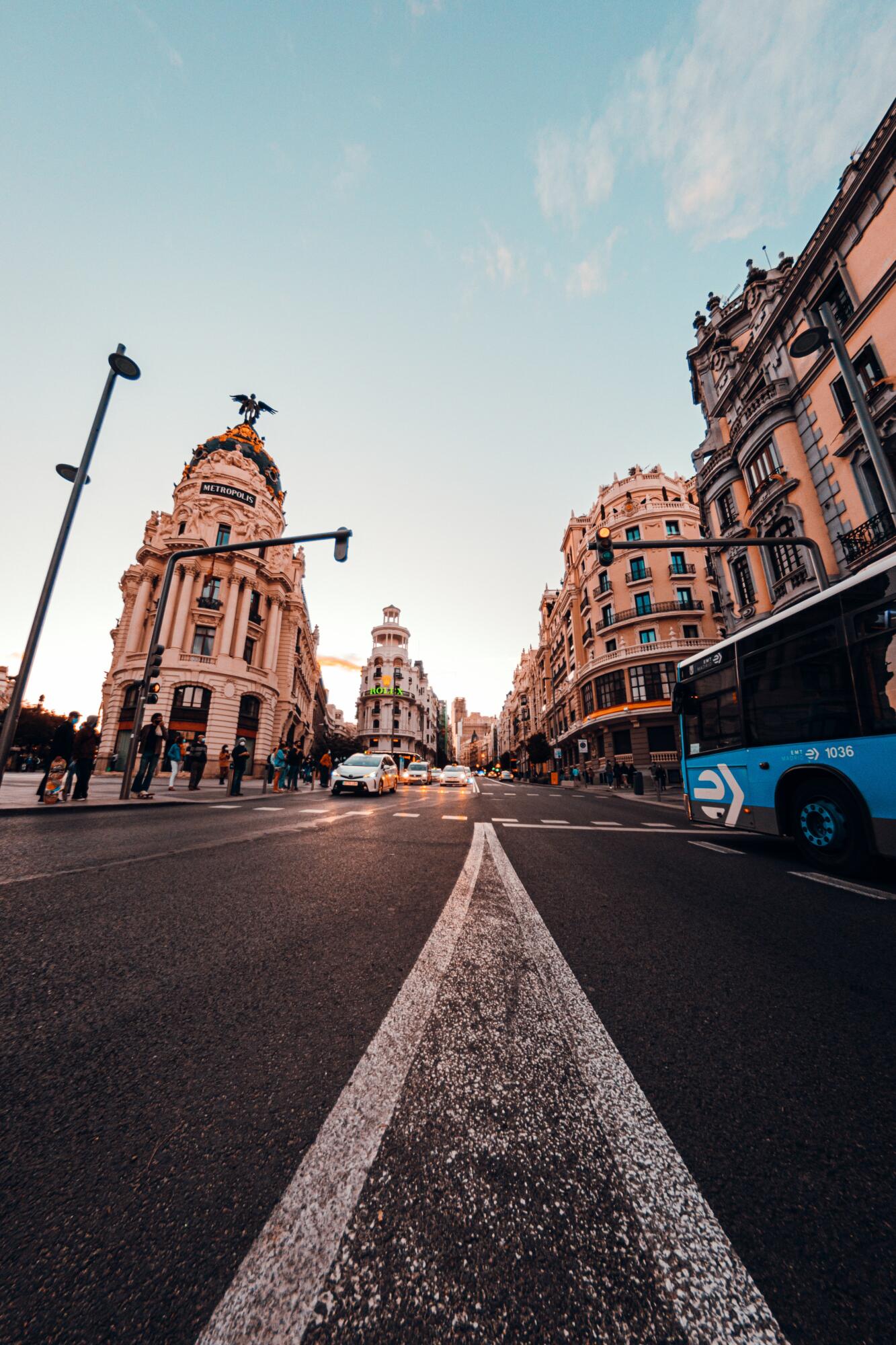
Madrid to make public transport free during morning peak hours
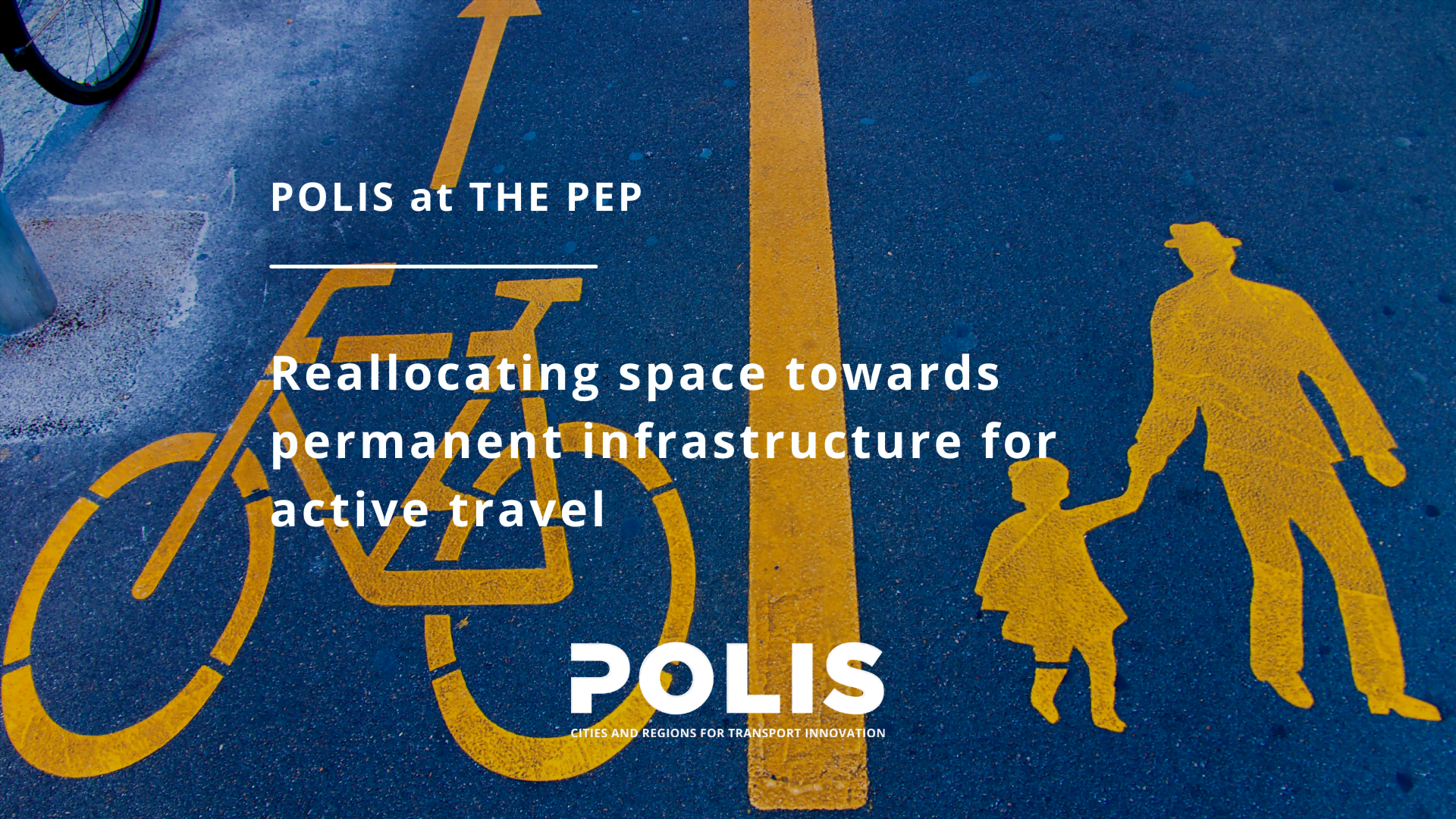
THE PEP: Reallocating space for active travel
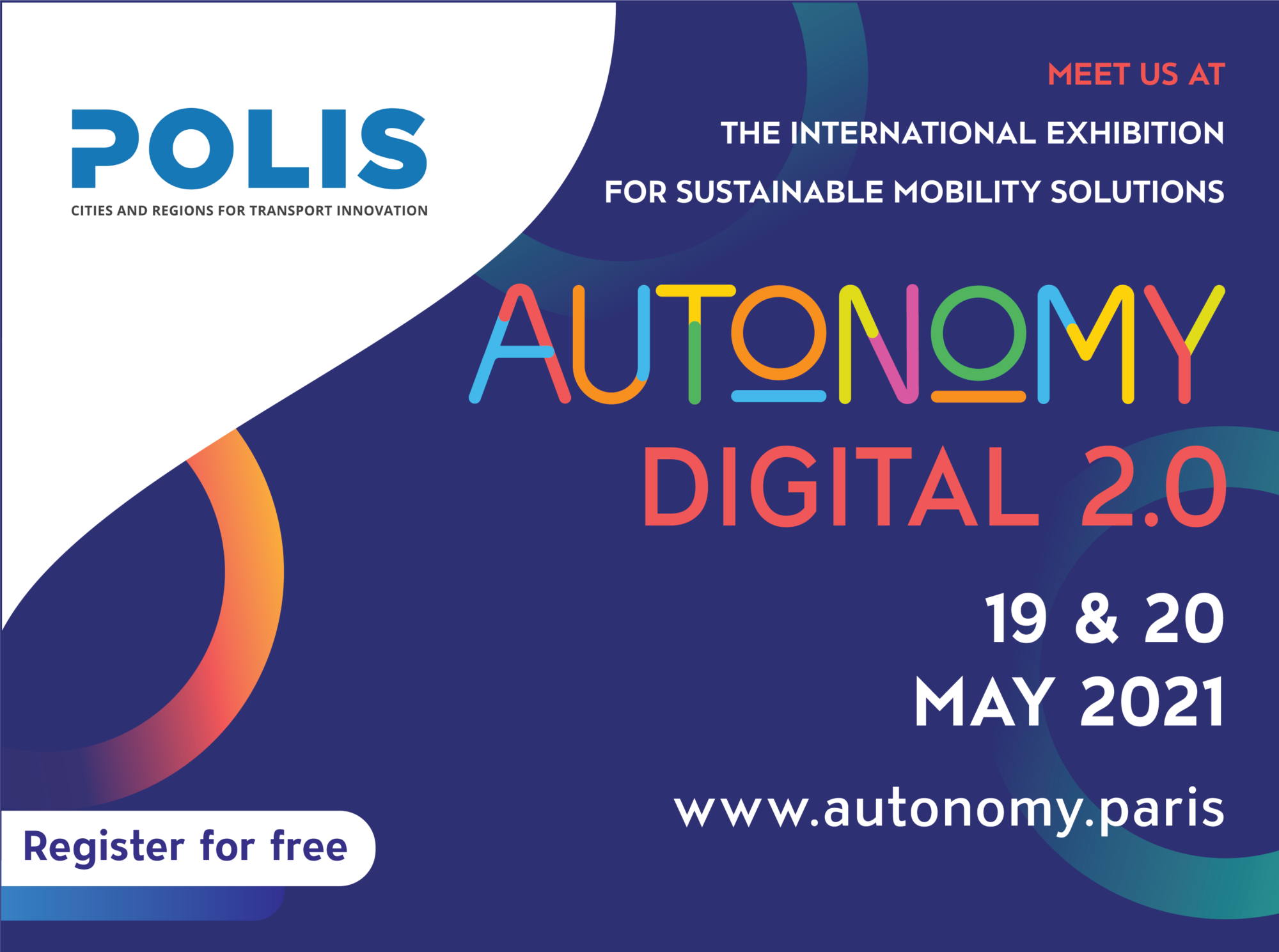
Autonomy Industry Talks: POLIS members make a splash

Czestochowa crosses with confidence
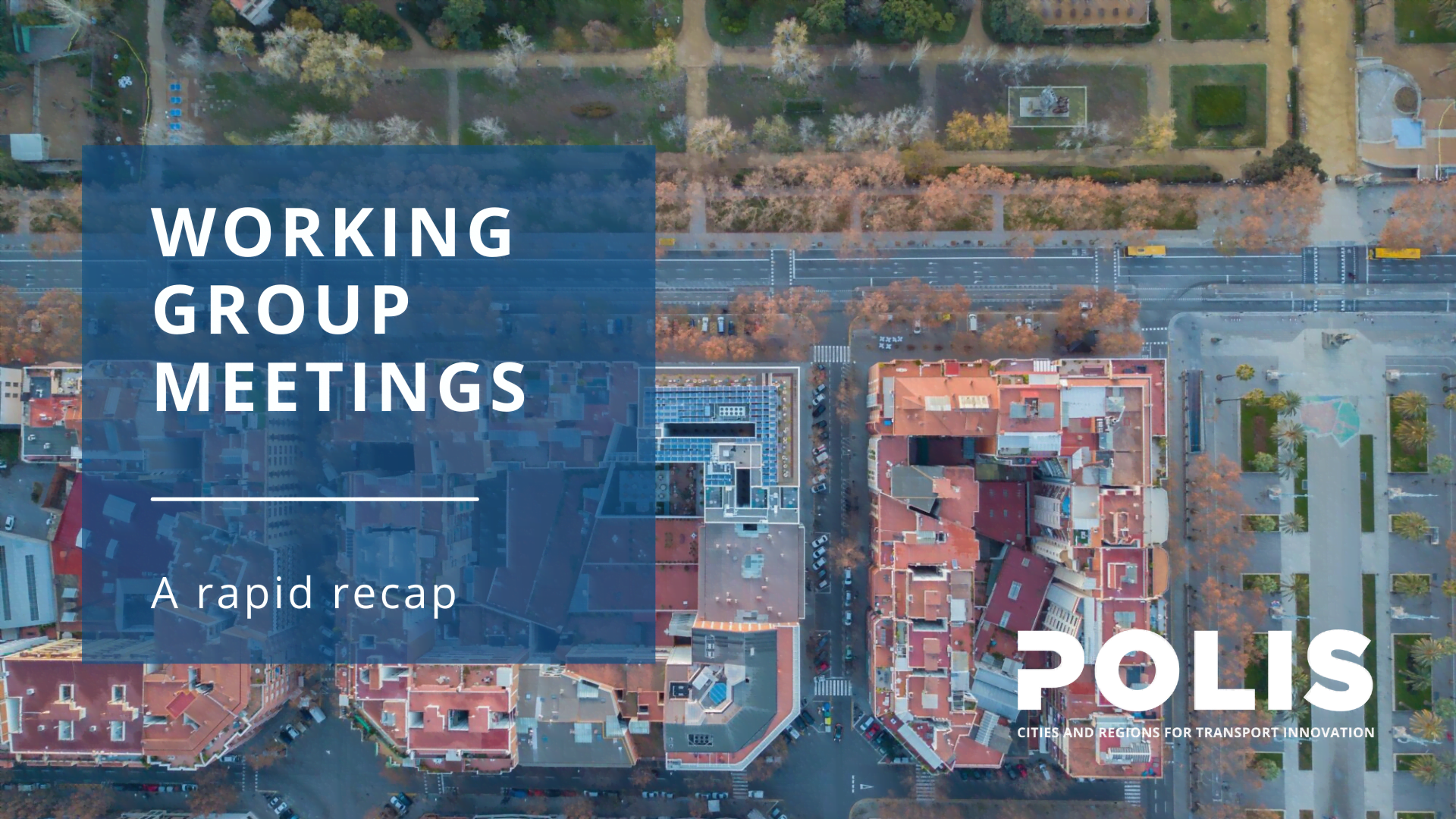
April’s Working Group meetings: A spring in our step

POLIS members in action at AUTONOMY Digital 2.0
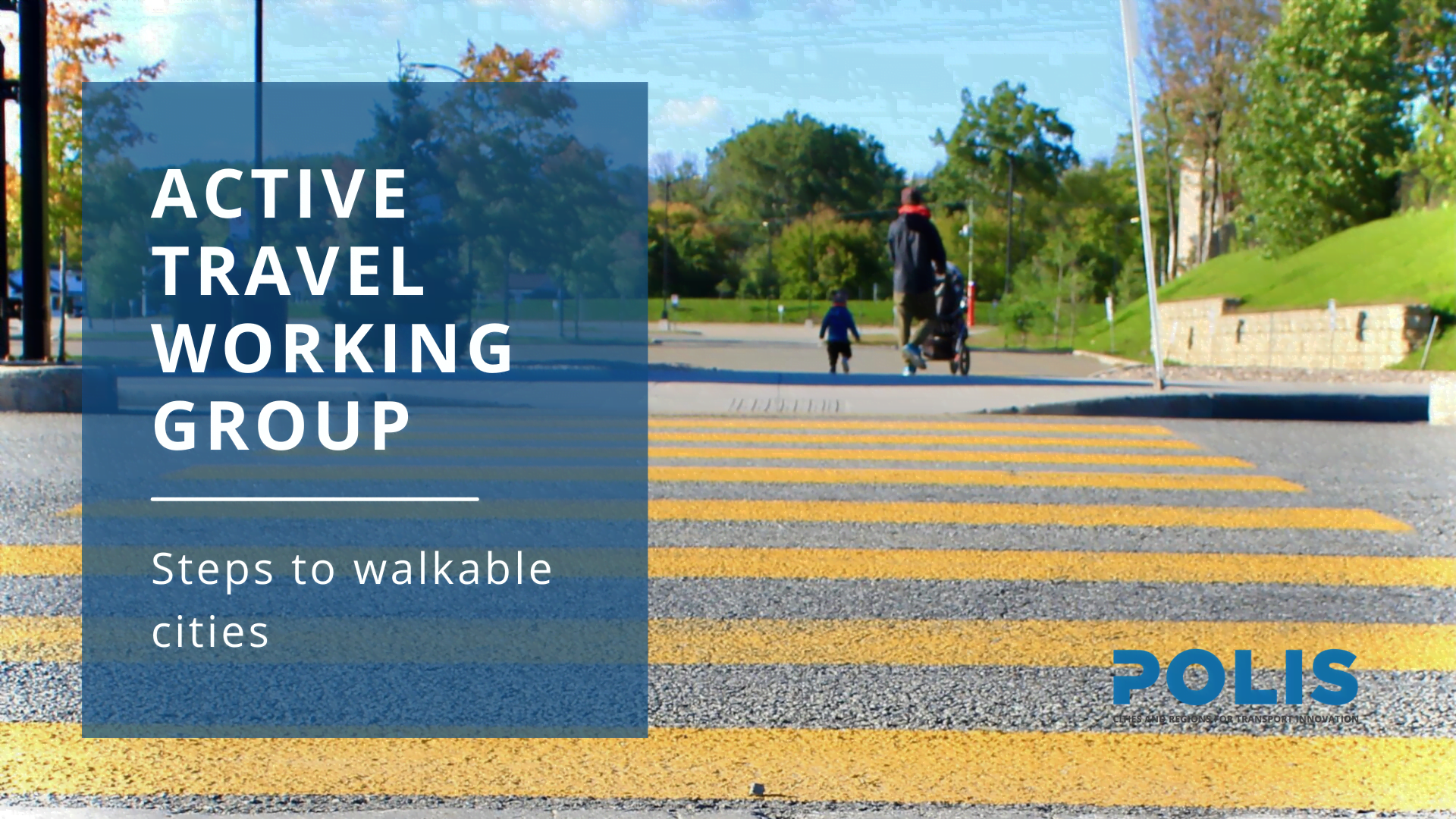
A walk through walkability
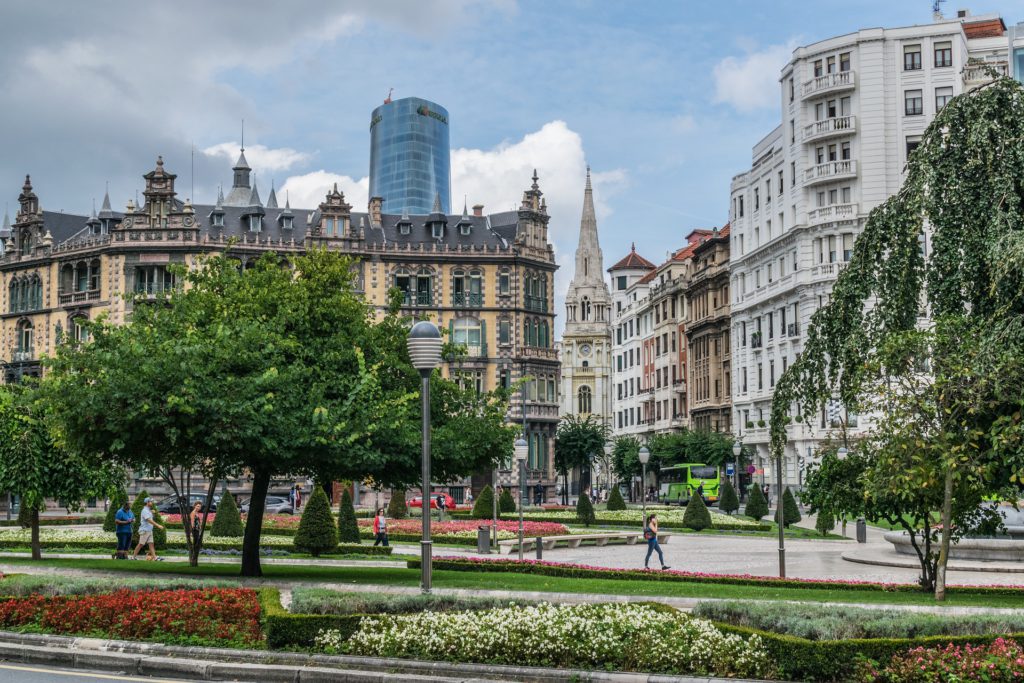
Bilbao wins 2021 EU Road Safety Award

POLIS joins call for revised truck safety standards
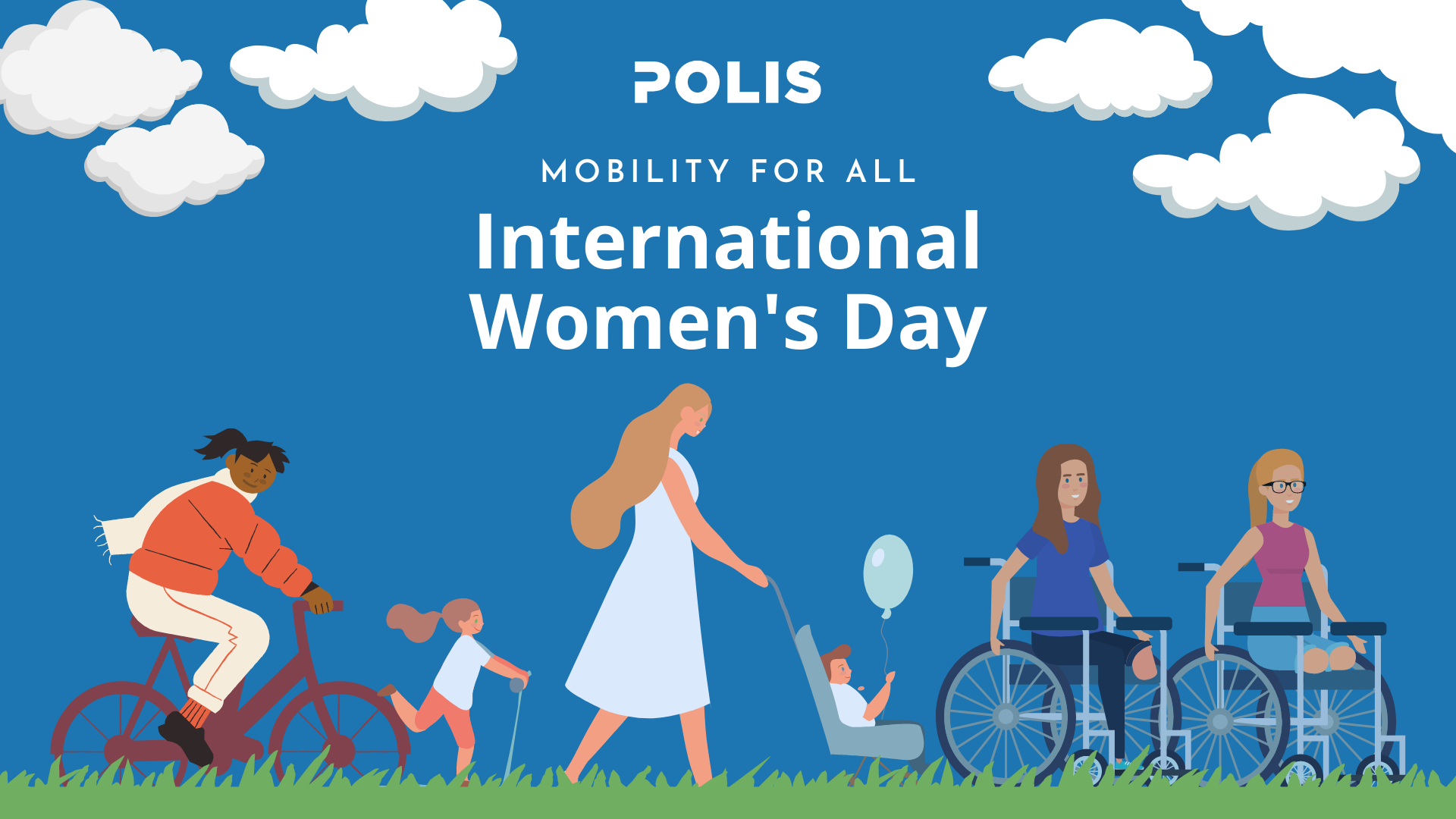
Under her own steam: Closing the mobility gender gap

New Topic Guide on planning for more resilient and robust urban mobility
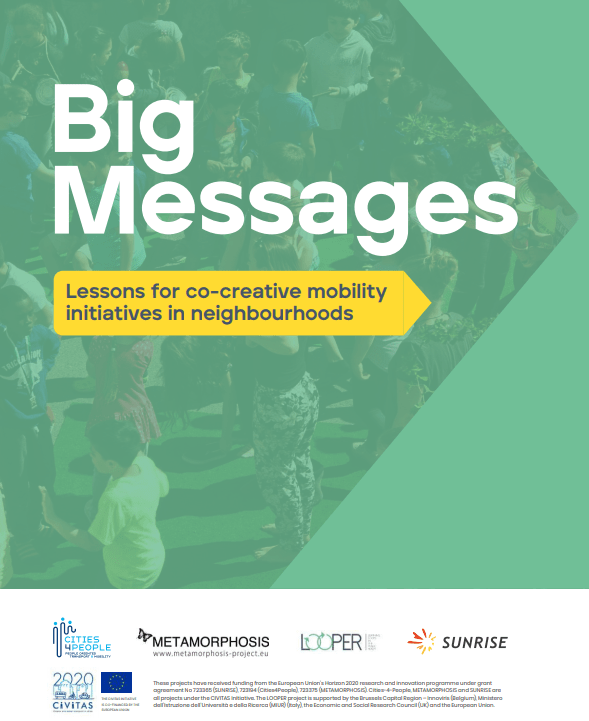
New publication explains how co-creation can improve urban mobility in neighbourhoods
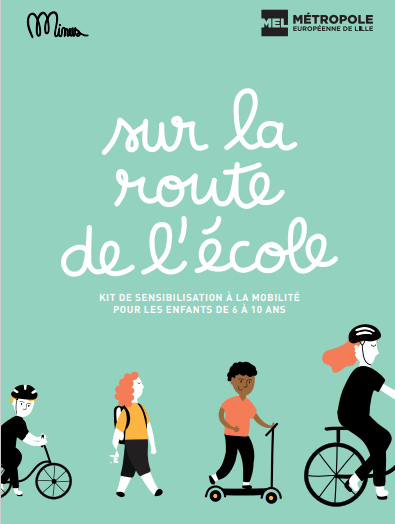
Lille proves you’re never too young for sustainable mobility
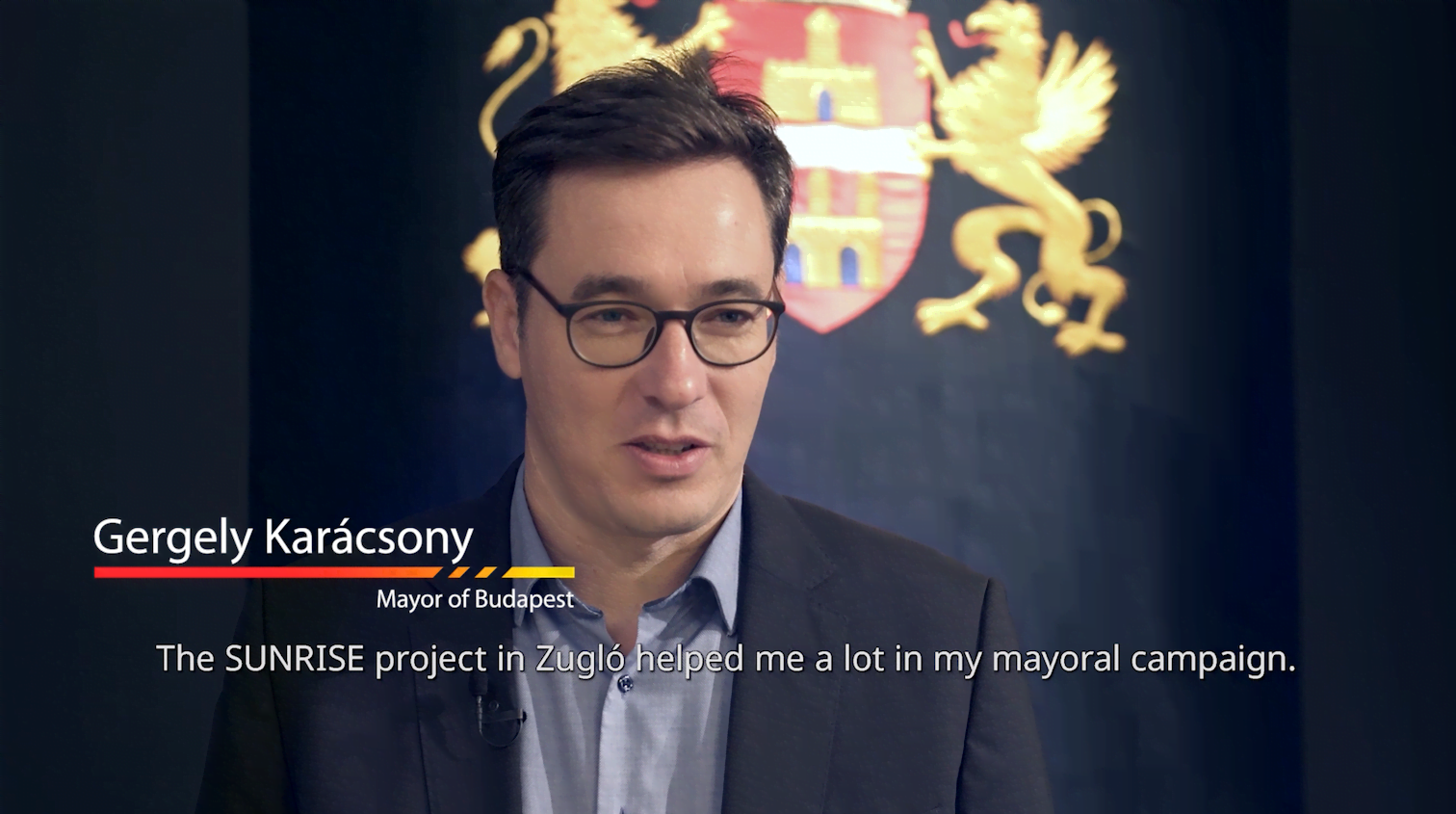
A neighbourhood in Budapest co-creates mobility solutions with its citizens
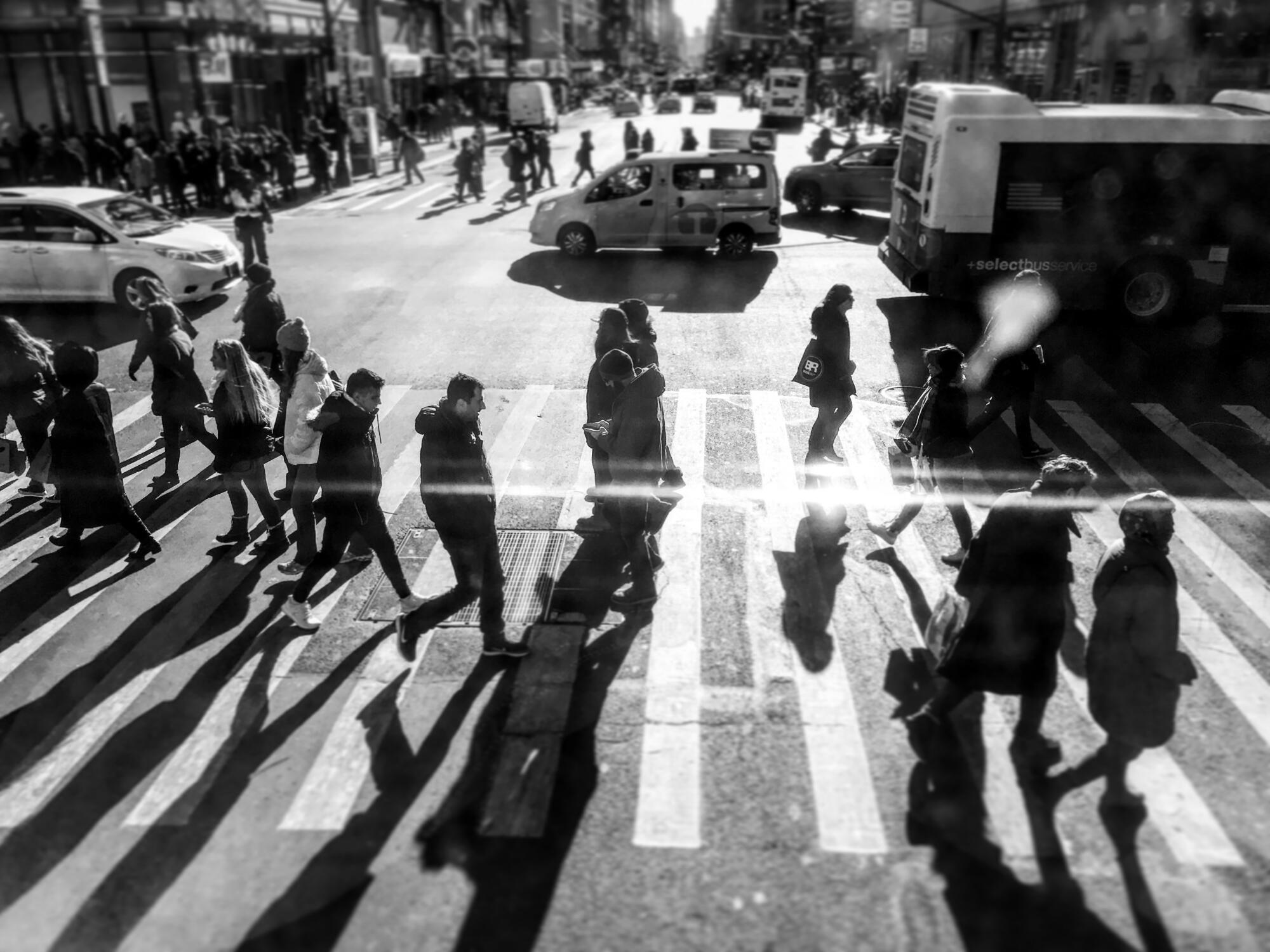
Share best practices on use of asphalt as pavement for pedestrian amenities

POLIS signs letter calling for improvements in walking, cycling and public transport
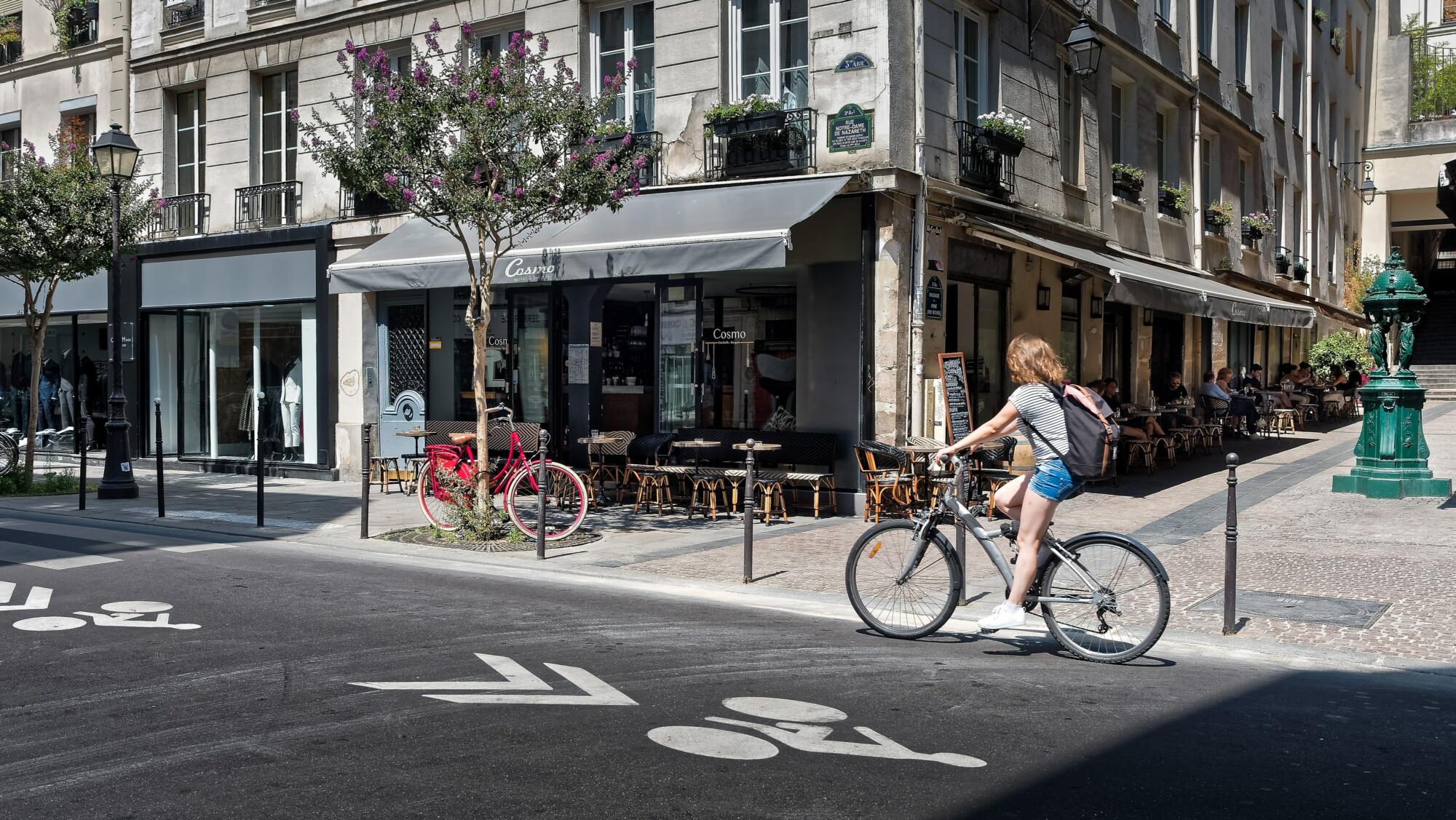
POLIS members and experts discuss gender perspectives in mobility
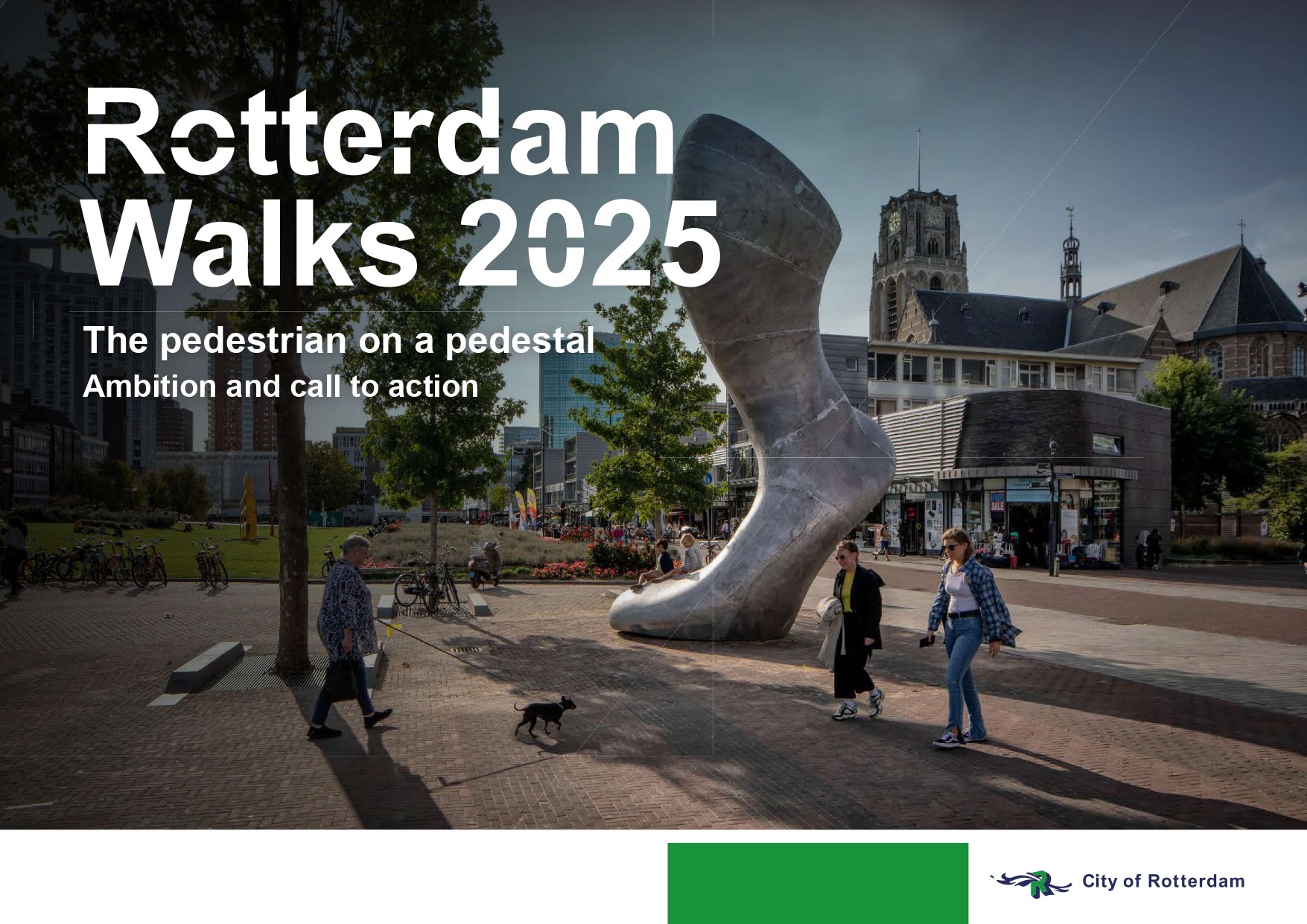
Rotterdam launches Walking Strategy
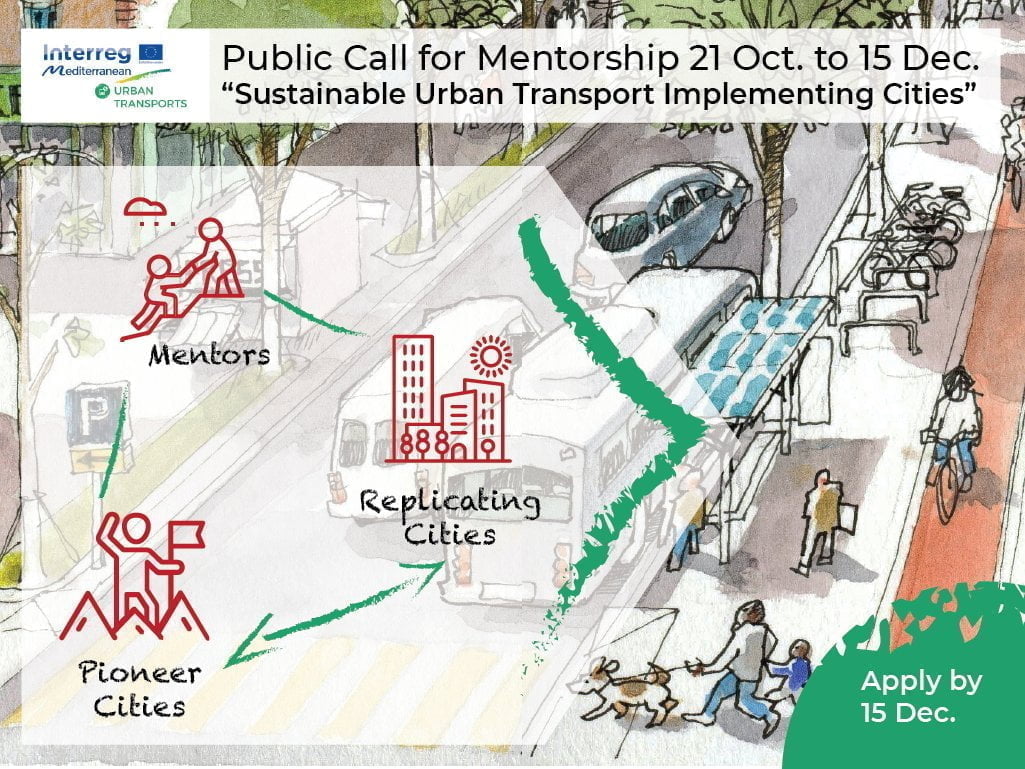
Apply for the Public Call for “Sustainable Urban Transport Implementing Cities”!
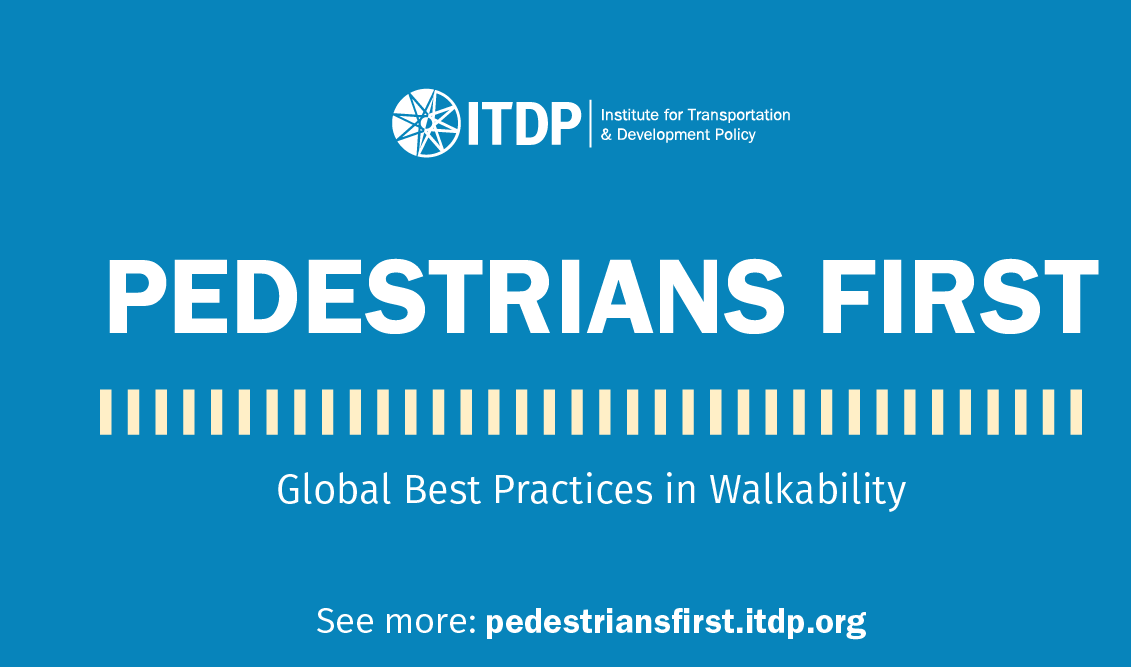
ITDP Tool provides Global Analysis of Walkability
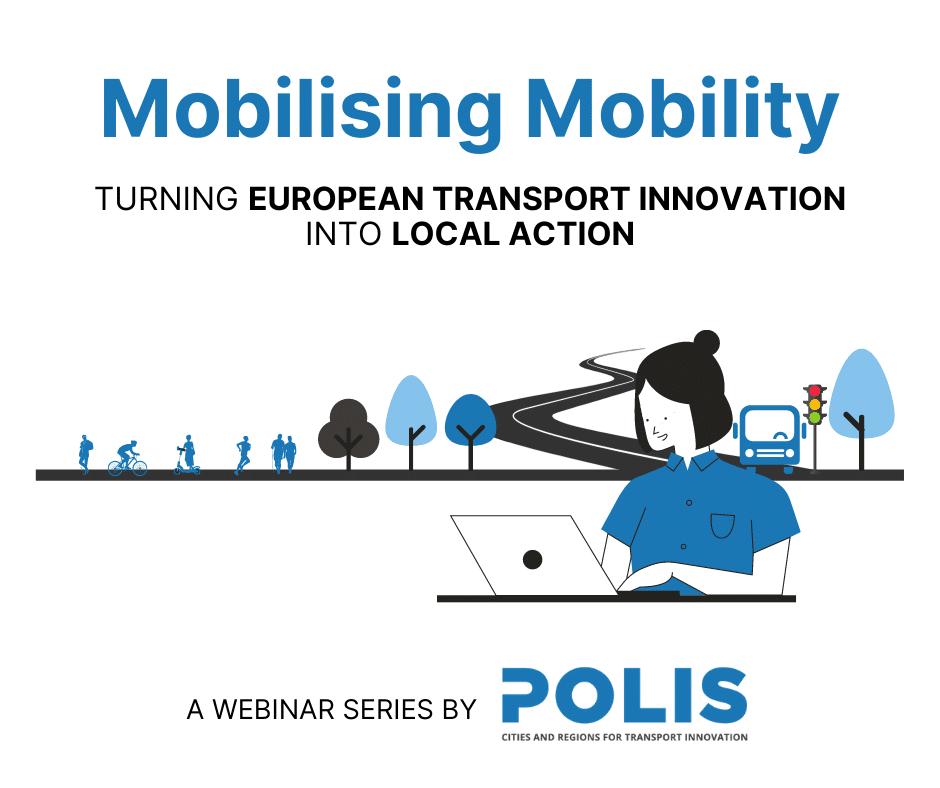
Mobilising Mobility Webinar Series: October
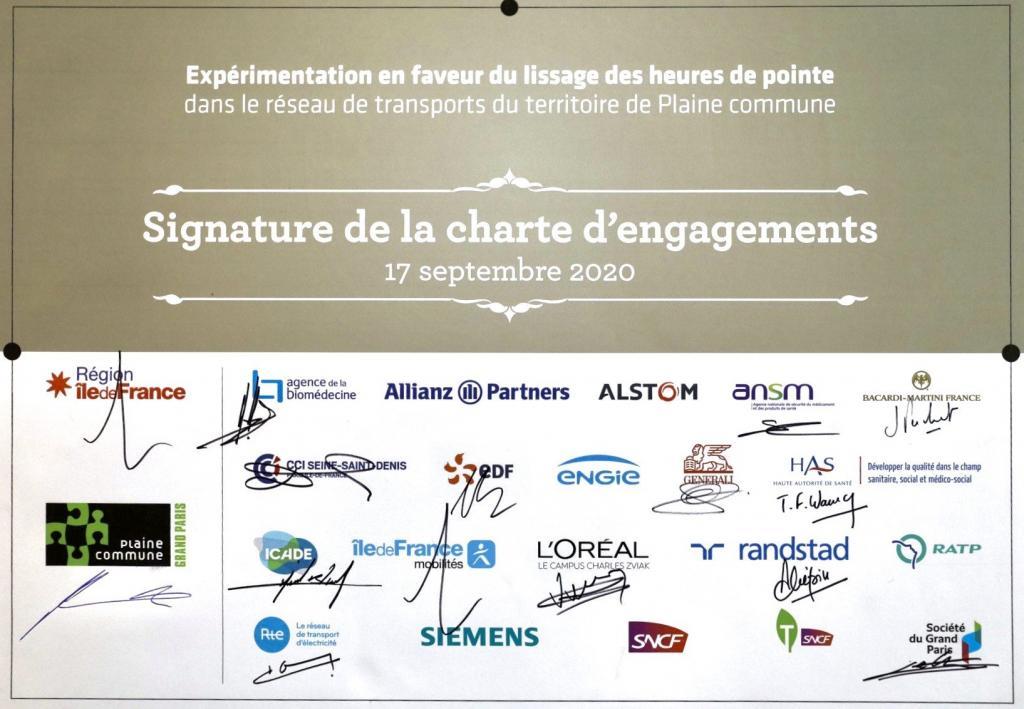
Île-de-France Region signs charter to reduce commuting during peak hours
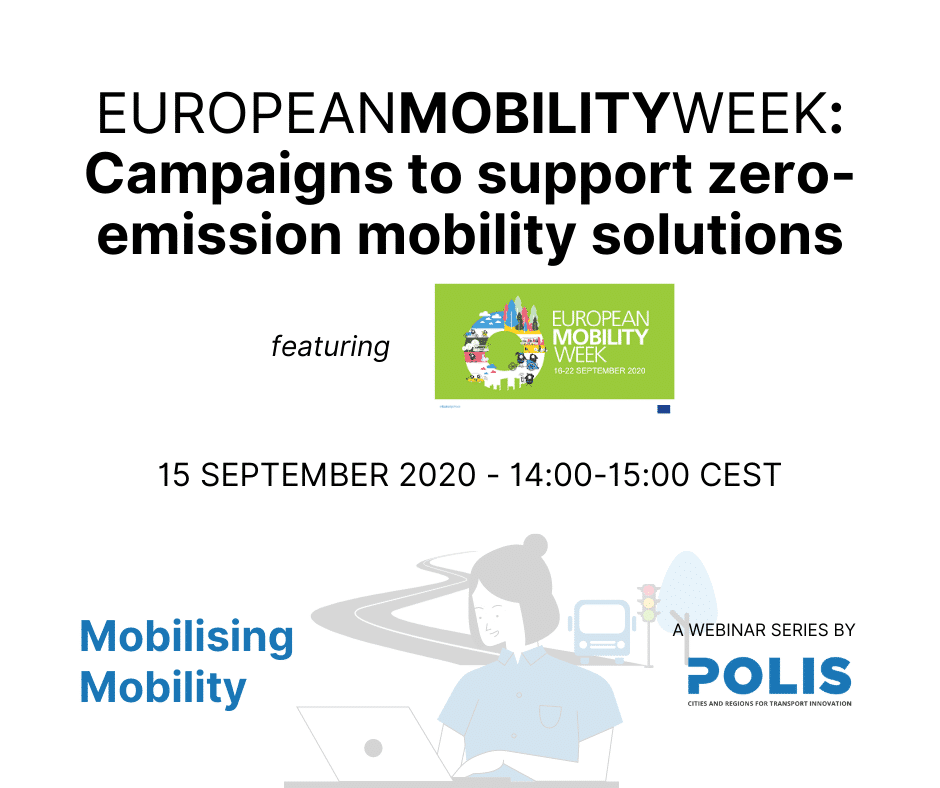
EUROPEANMOBILITYWEEK – Campaigns to support zero-emission mobility solutions – Webinar Report
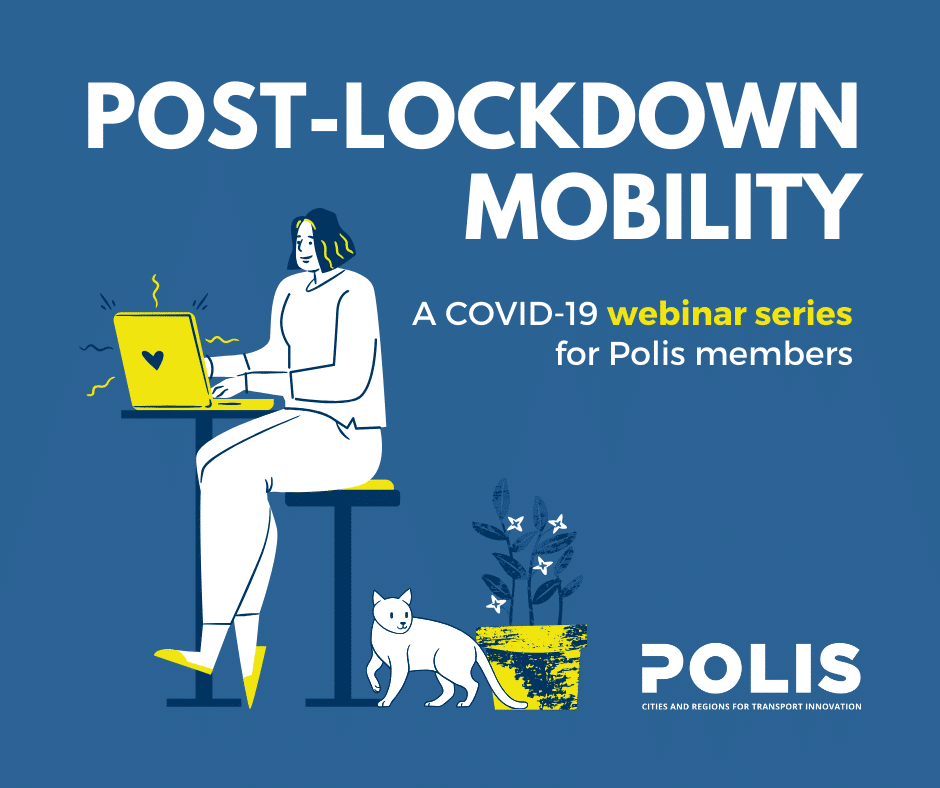
Post-Lockdown Mobility webinar report: Walk & Bike to School – planning ahead, now!
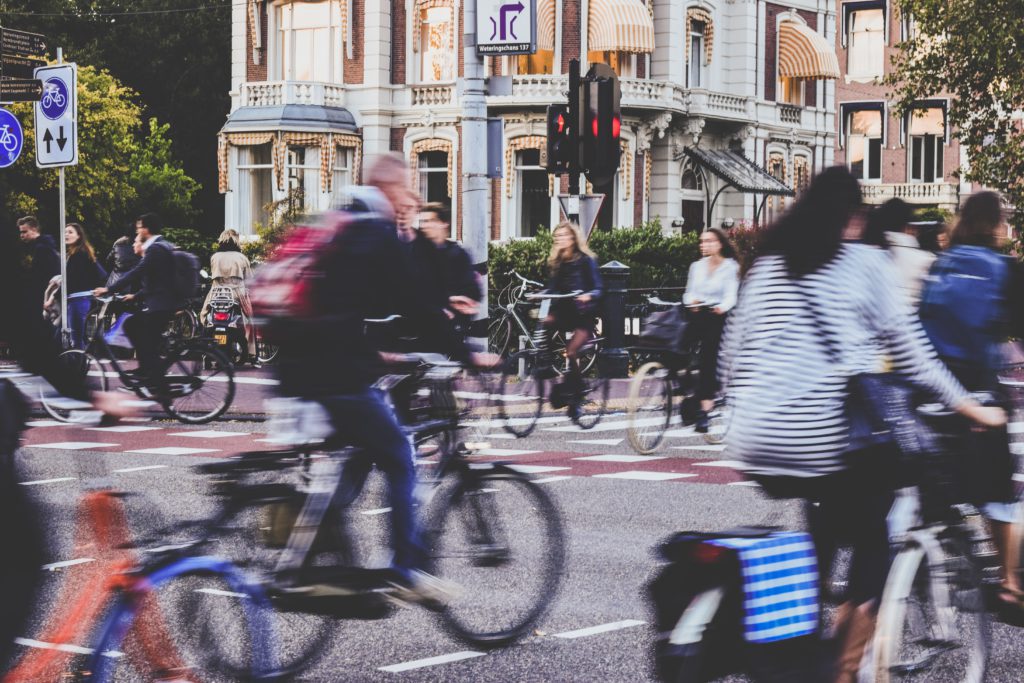
Post-Lockdown Mobility webinar report: Reallocation of space to promote active travel (2)

Post-Lockdown Mobility report: Reallocation of road space to promote active travel
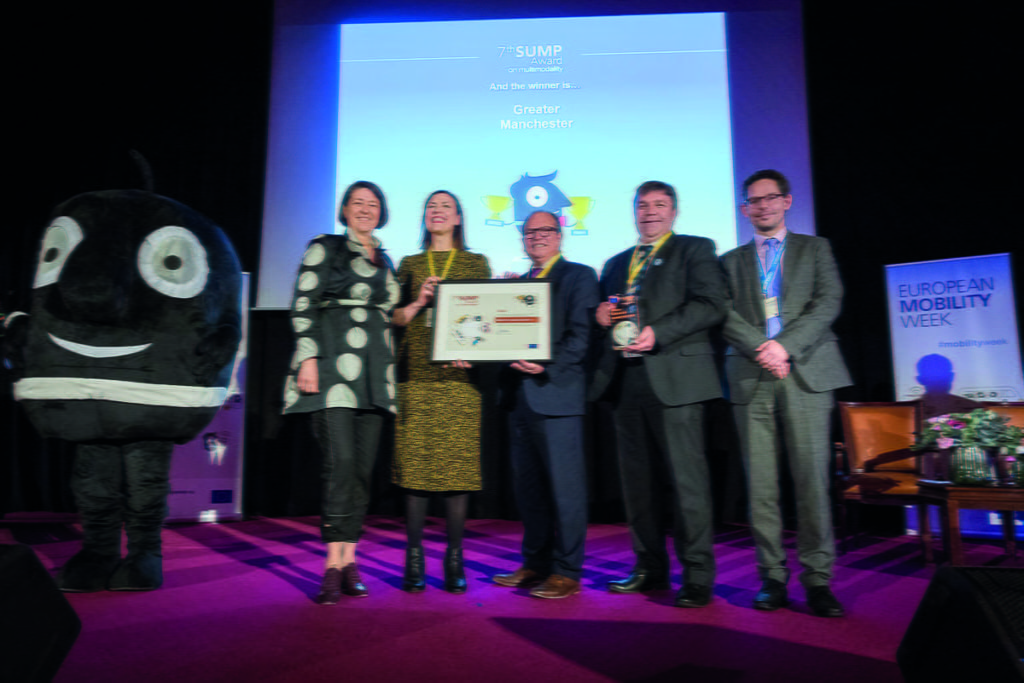
Apply for the 8th SUMP Award on Safe Walking and Cycling
Five sustainable urban mobility priorities for healthy and liveable cities
Results of the e-survey on users’ travel behaviour within the European project ISAAC
New knowledge to boost walking and cycling revealed
Polis cities exchange experience on active travel and road safety
CEDR Conference discusses Modal Choice in a Multimodal Transport System
New evidence to present the economic benefits of investment in walking and cycling

Upcoming Polis Working Group meetings in 2019
Call to join next round of SUMP Learning Programme extended to 31st January
Walk21 Conference in Rotterdam: call for contributions is open
International speakers will discuss the city of the future in Arnhem
New webtool “PedBikePlanner” launched at 2018 Polis Conference
Draft programme of 2018 Polis Conference released
2017 Polis Conference: Programme launched and registrations open!
- Related Events
- Related Documents
- Related Projects
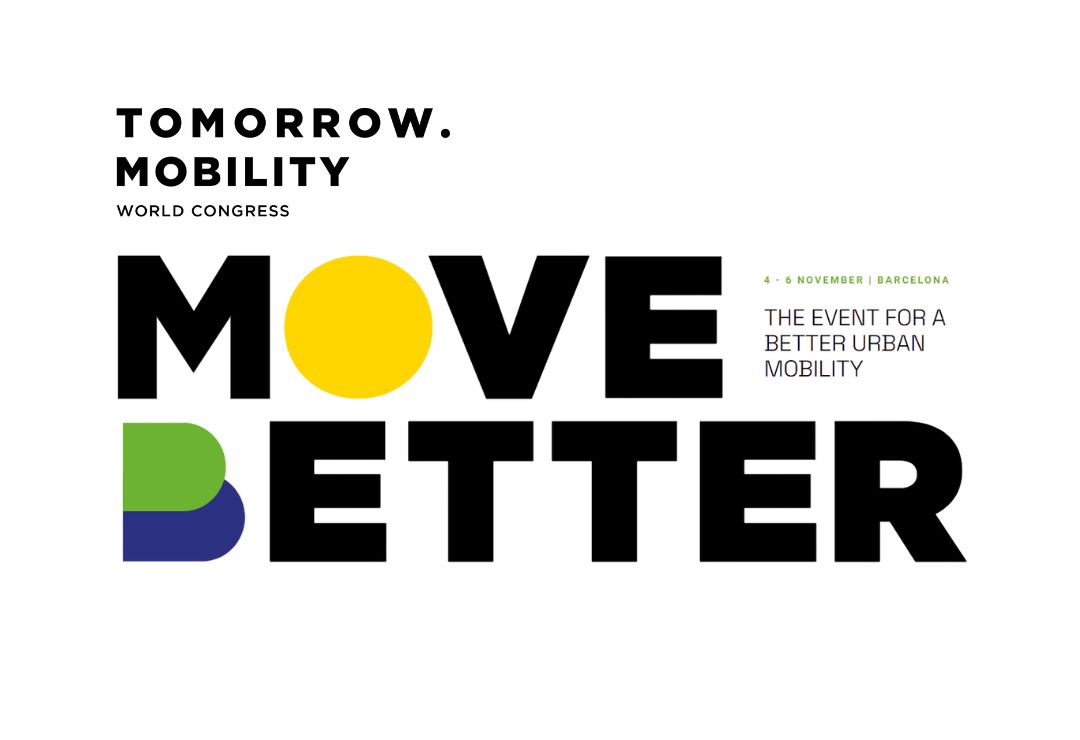
Tomorrow.Mobility World Congress 2025

Active Travel & Health Working Group webinar: Active travel for all ages
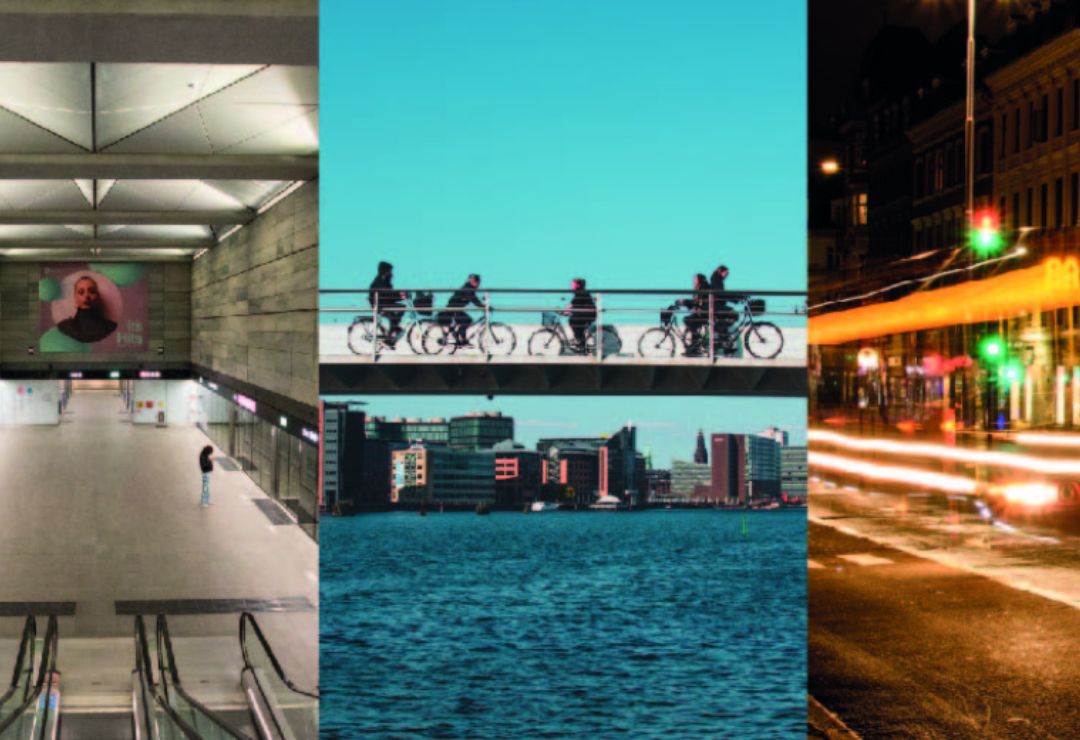
EASIER Final Conference
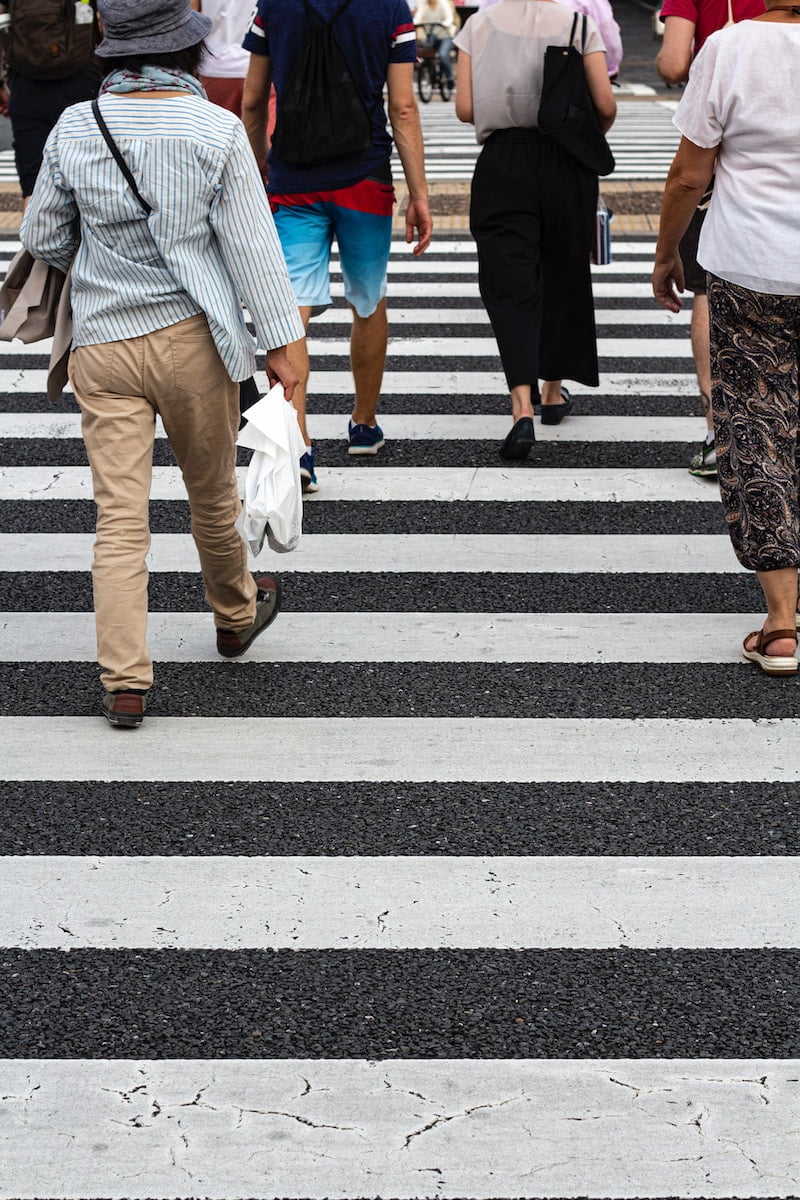
The 15-minute City: From concept to practice
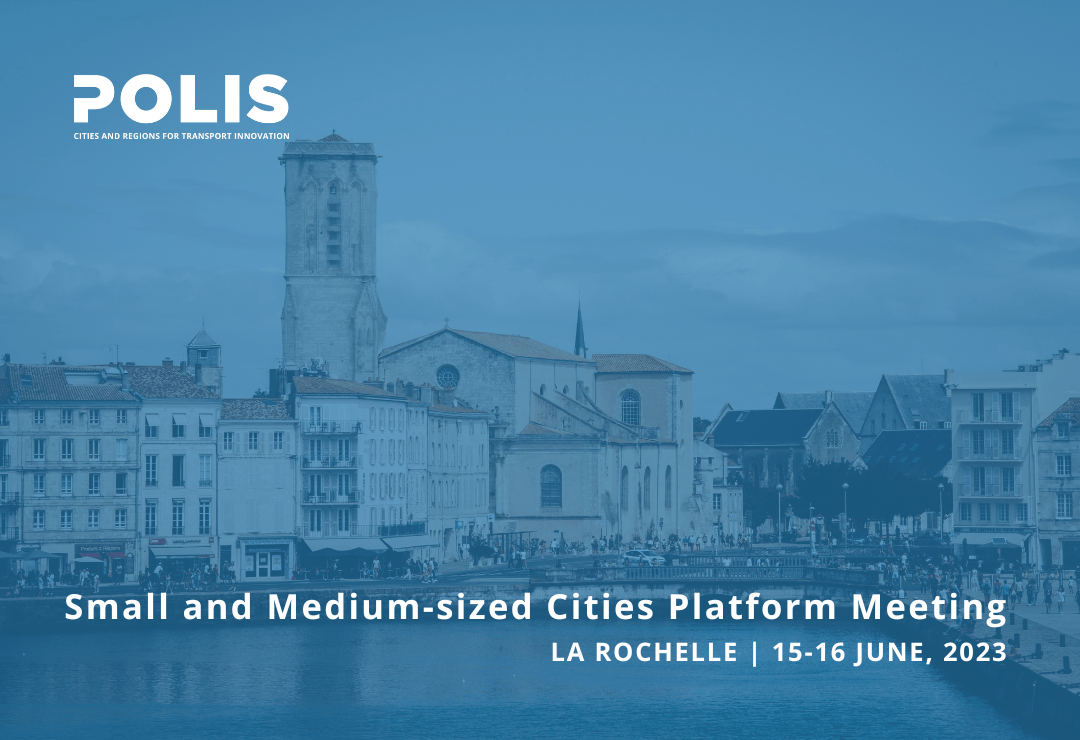
Small & Medium-Sized City Meeting: La Rochelle
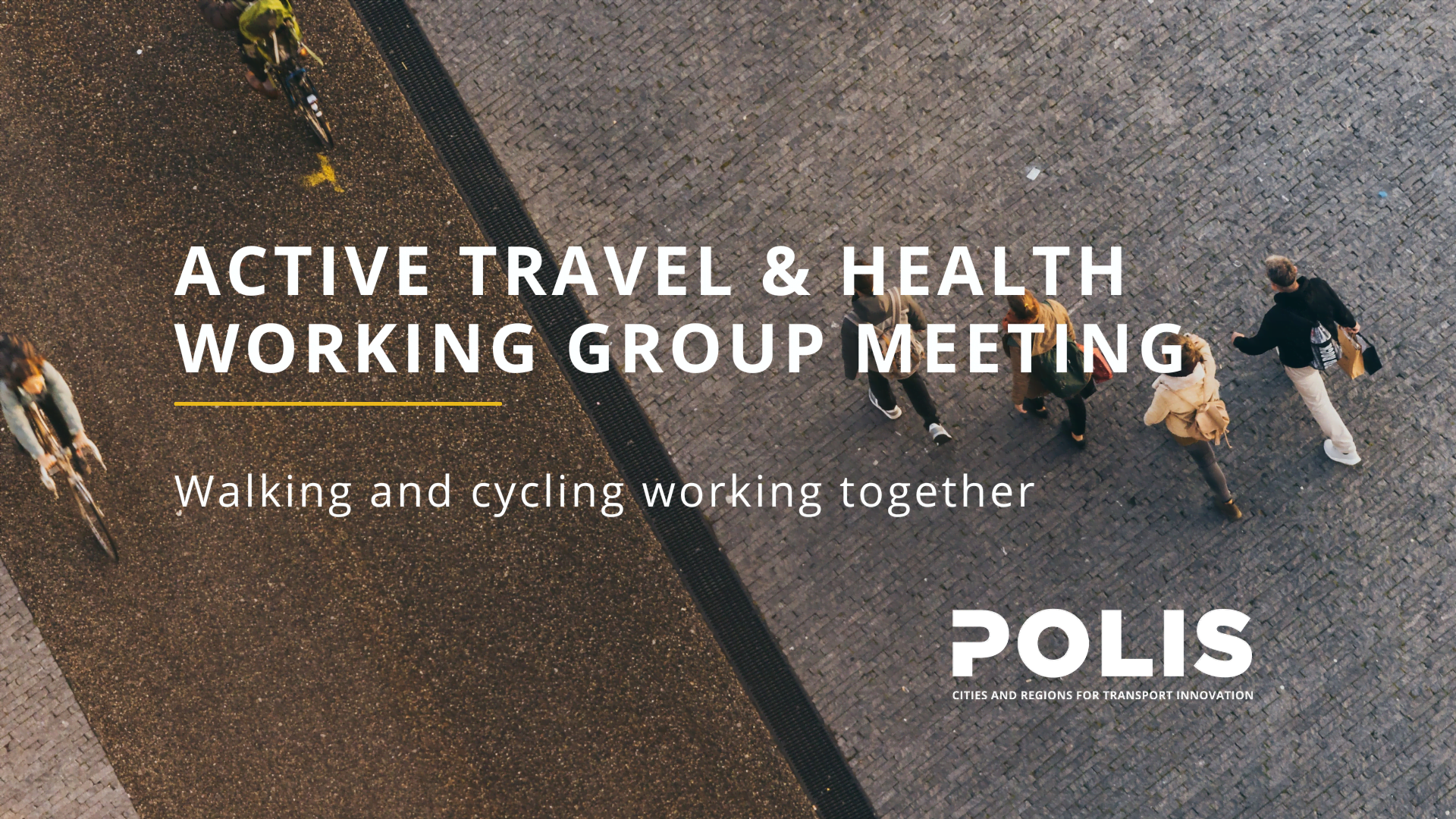
Active Travel & Health Working Group: Cycling and walking conquering territory together
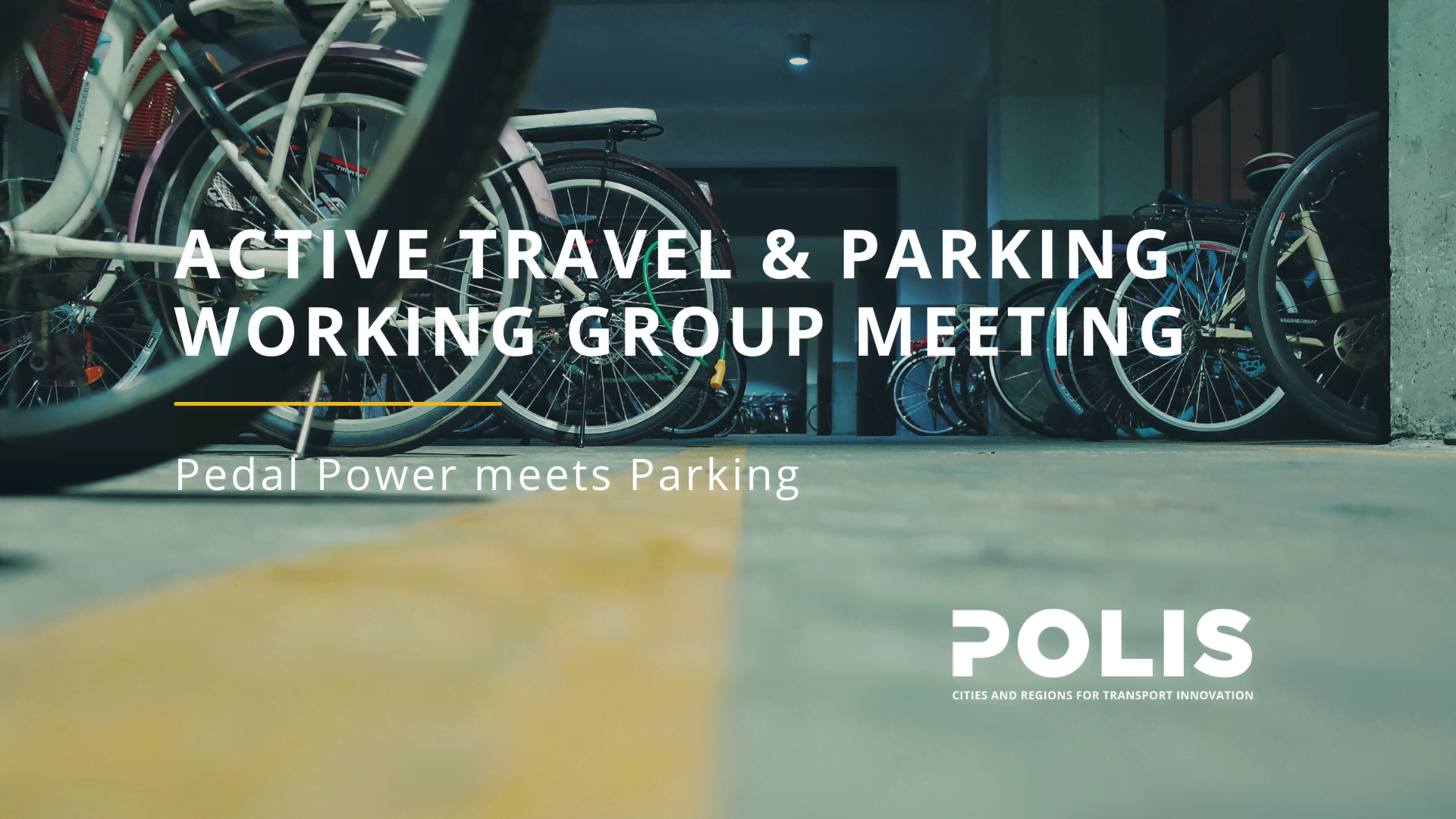
Joint Active Travel & Parking Work Group meeting: Pedal Power meets Parking
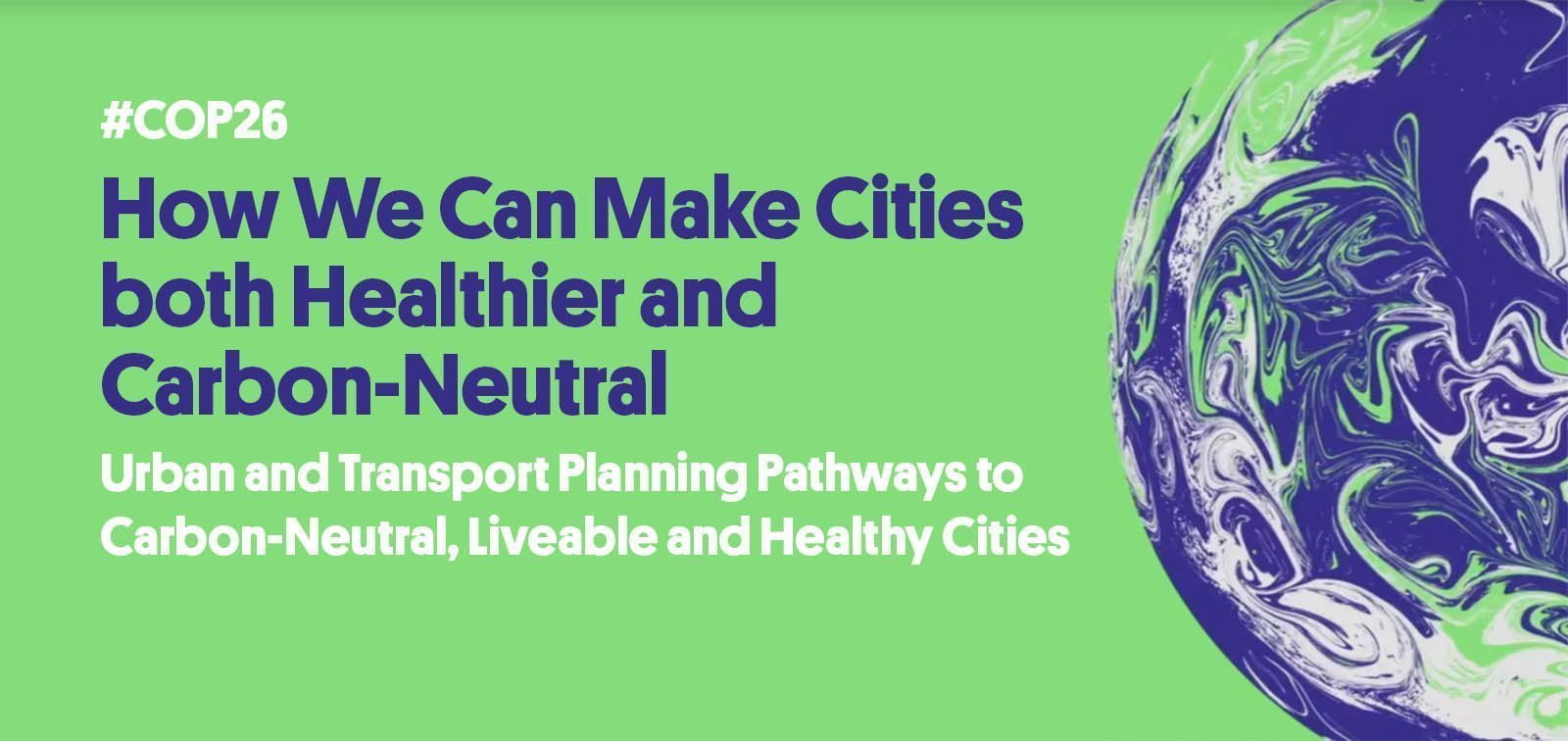
COP26 Side event: How We Can Make Cities both Healthier and Carbon-Neutral
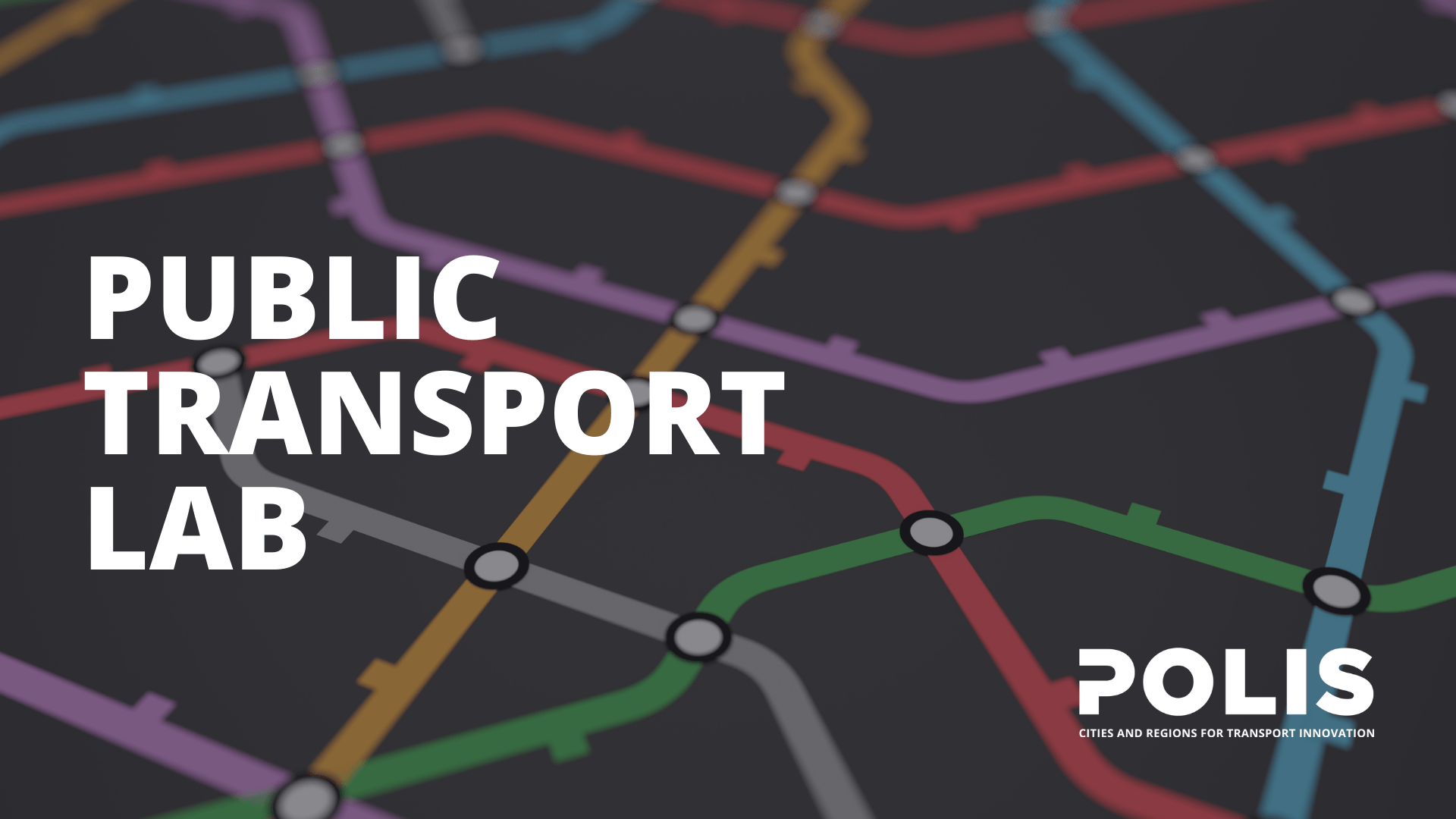
Public Transport Lab: Integrating urban design and infrastructure to accommodate public transport
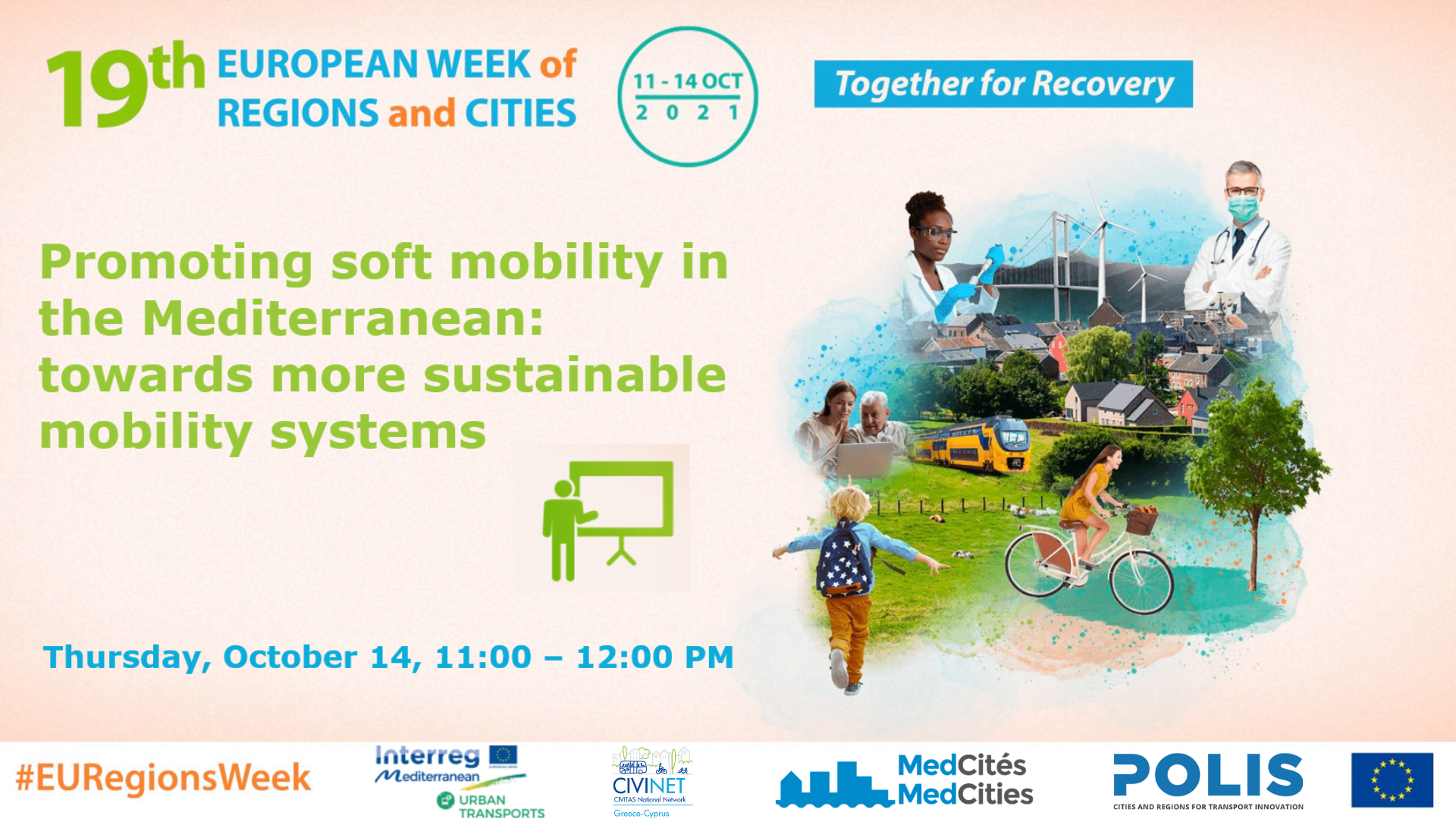
Promoting soft mobility in the Mediterranean: towards more sustainable mobility systems
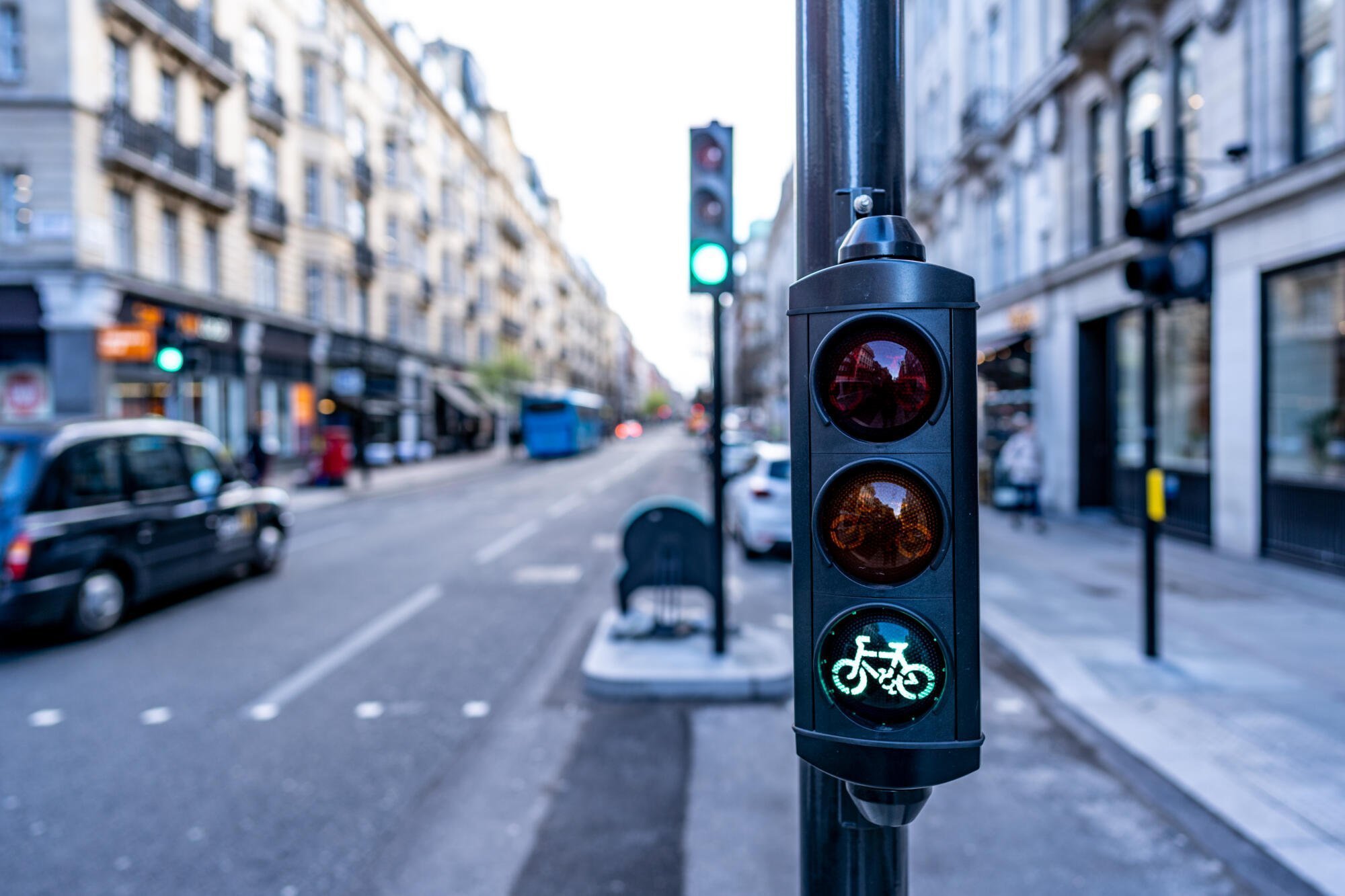
Cycling cities webinar series: Cost-benefit comparisons of bicycles vs cars
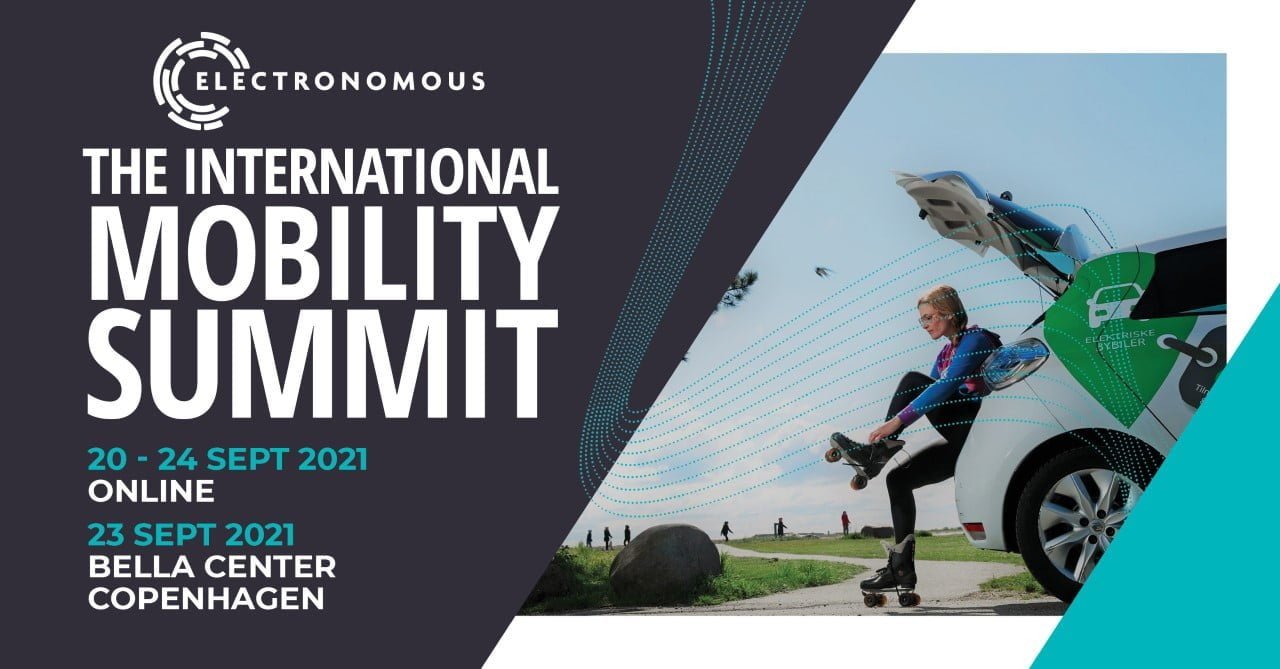
Electronomous: Active Travel and Micromobility, one happy family?
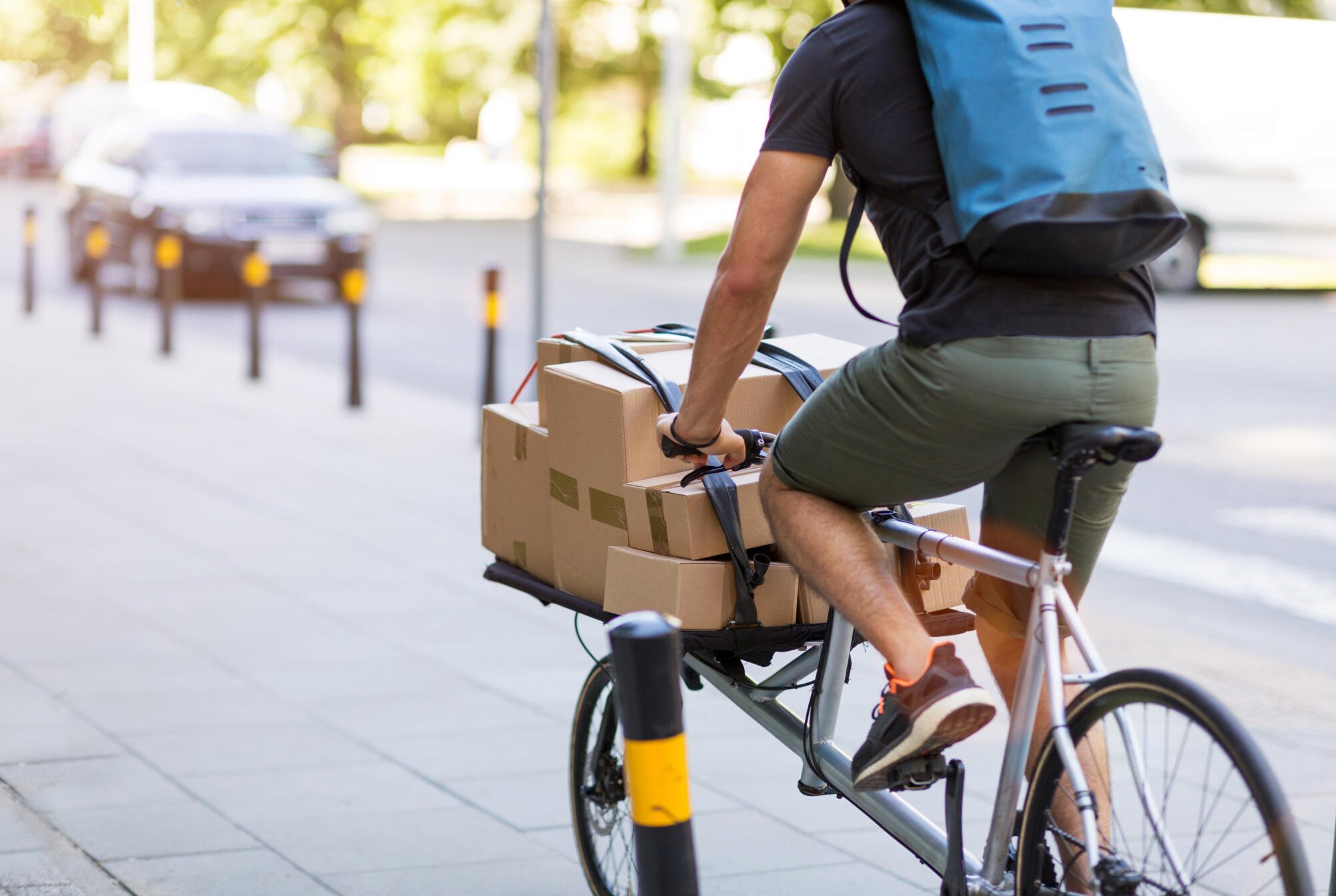
Cycling cities Webinar series: Cargo bikes for the last mile
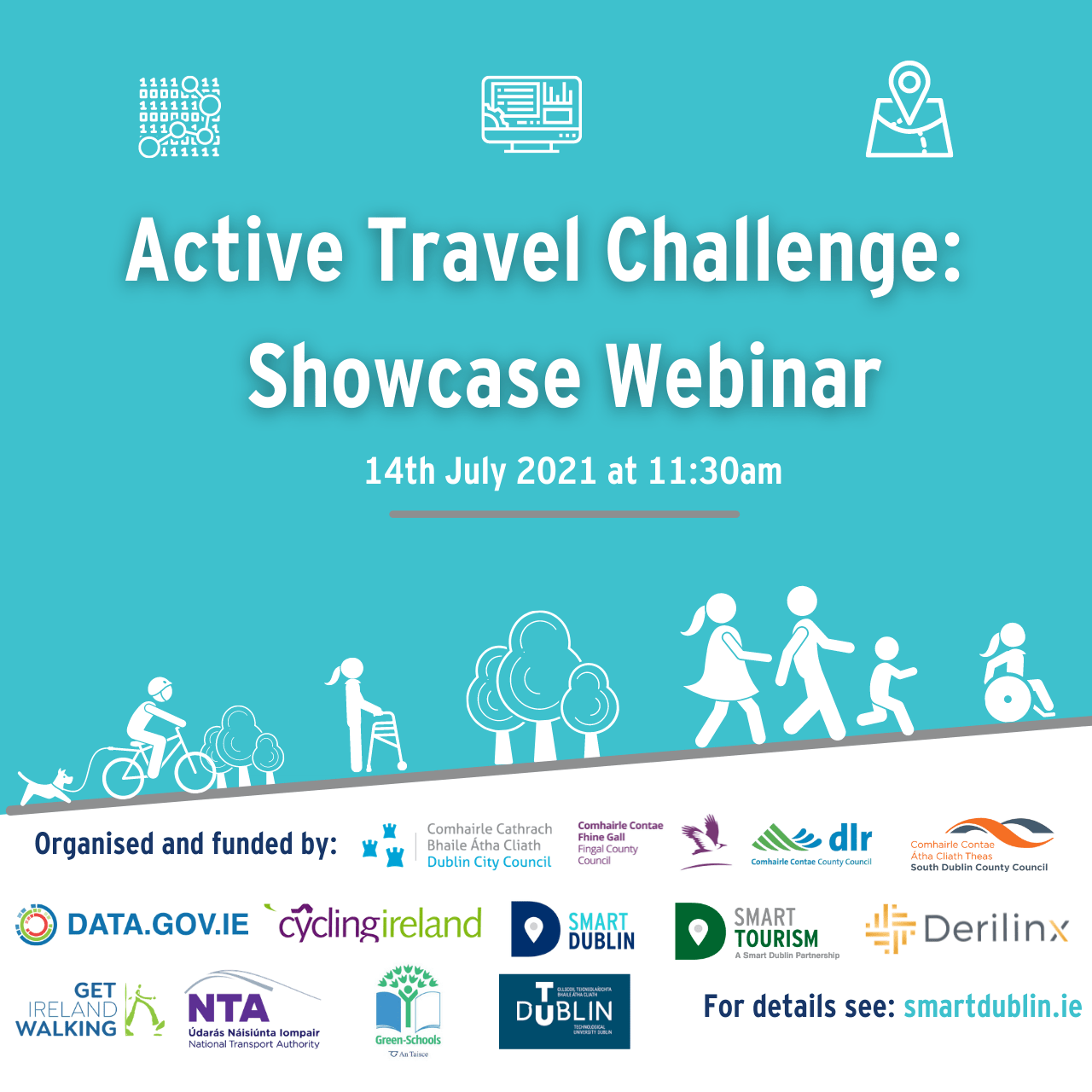
Active Travel Challenge: Showcase Webinar
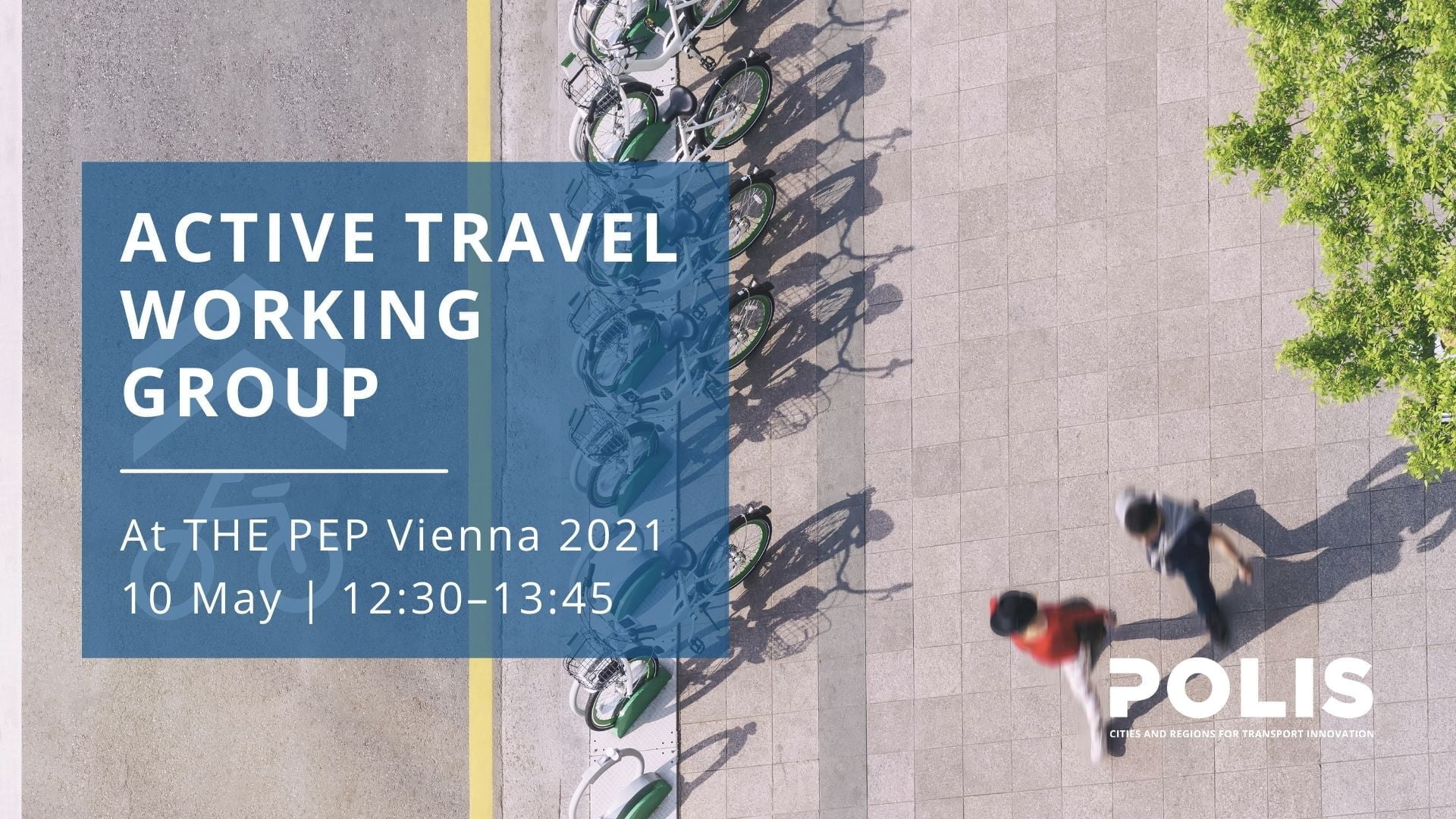
POLIS at THE PEP: Reallocating space towards permanent infrastructure for active travel
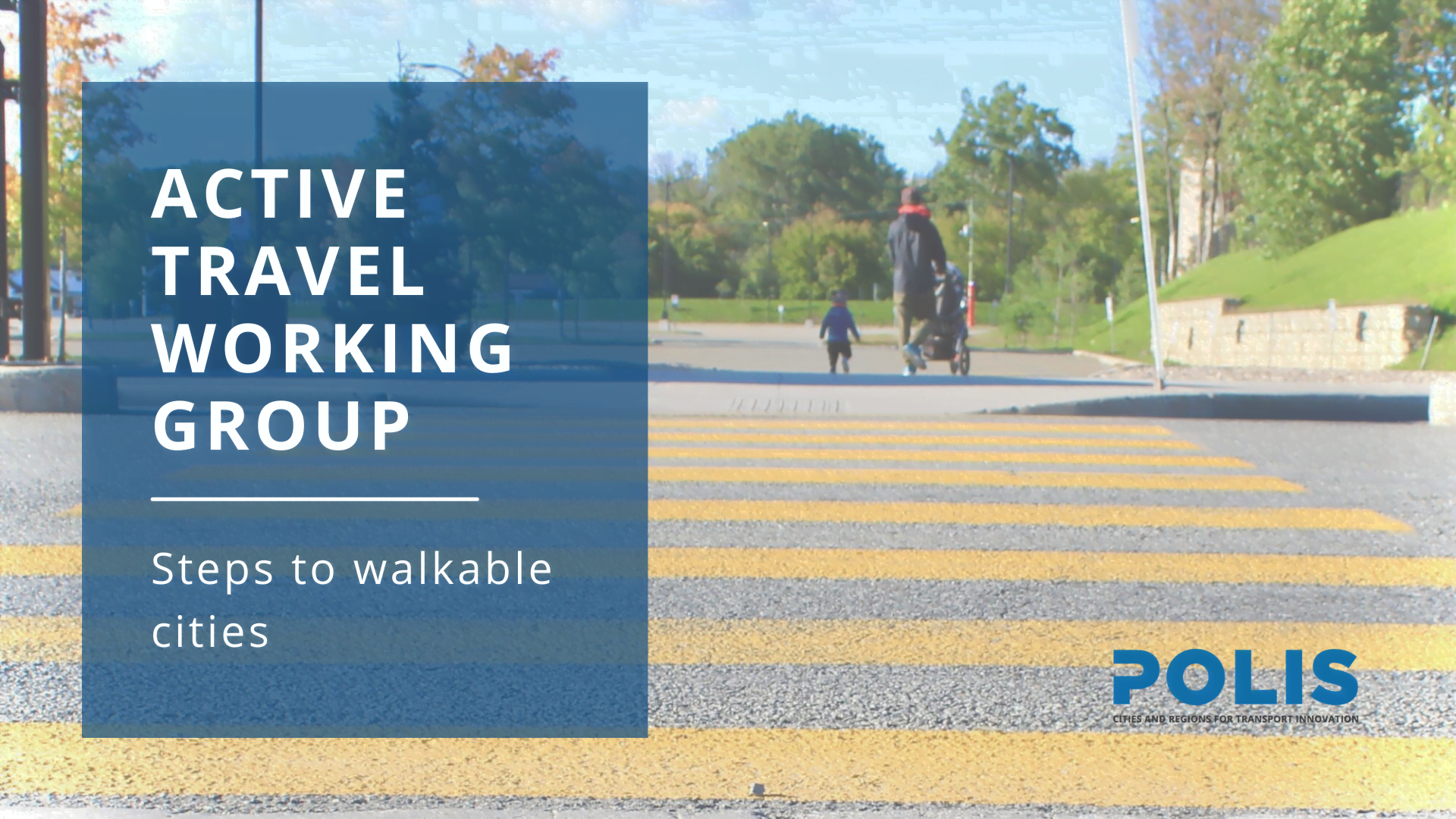
Active Travel Working Group meeting: Steps to Walkable Cities
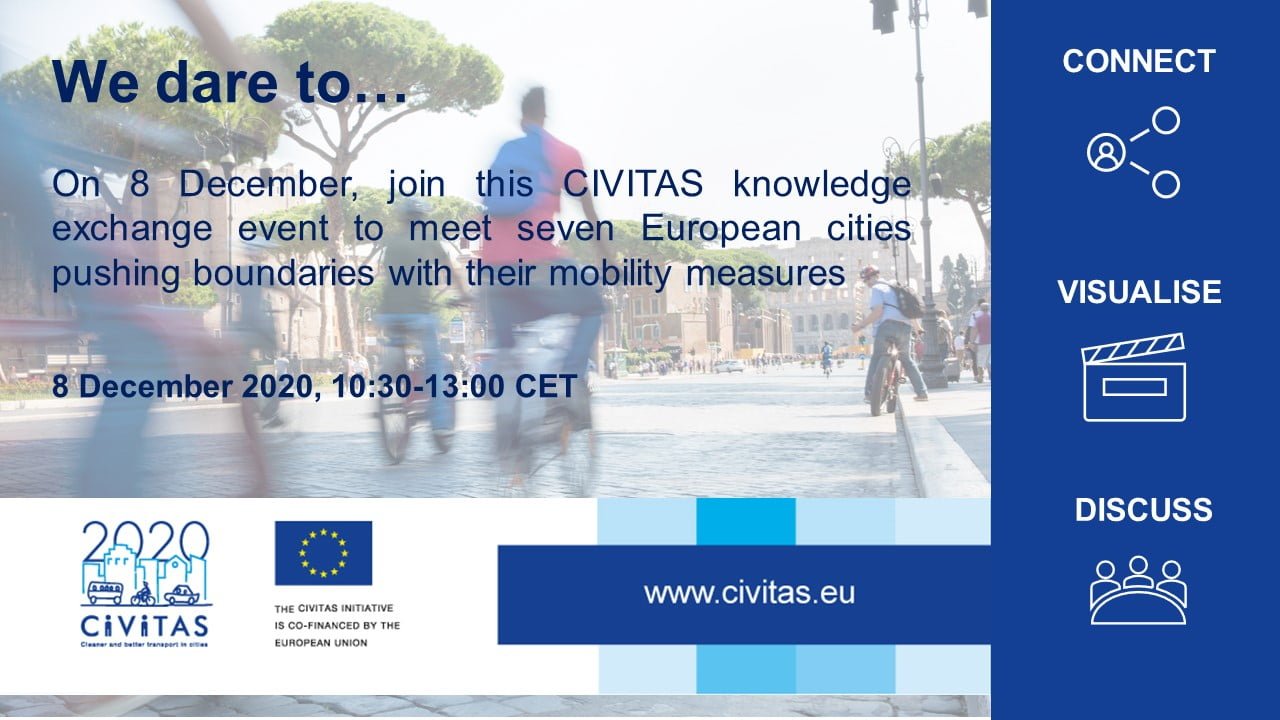
CIVITAS Initiative knowledge exchange event
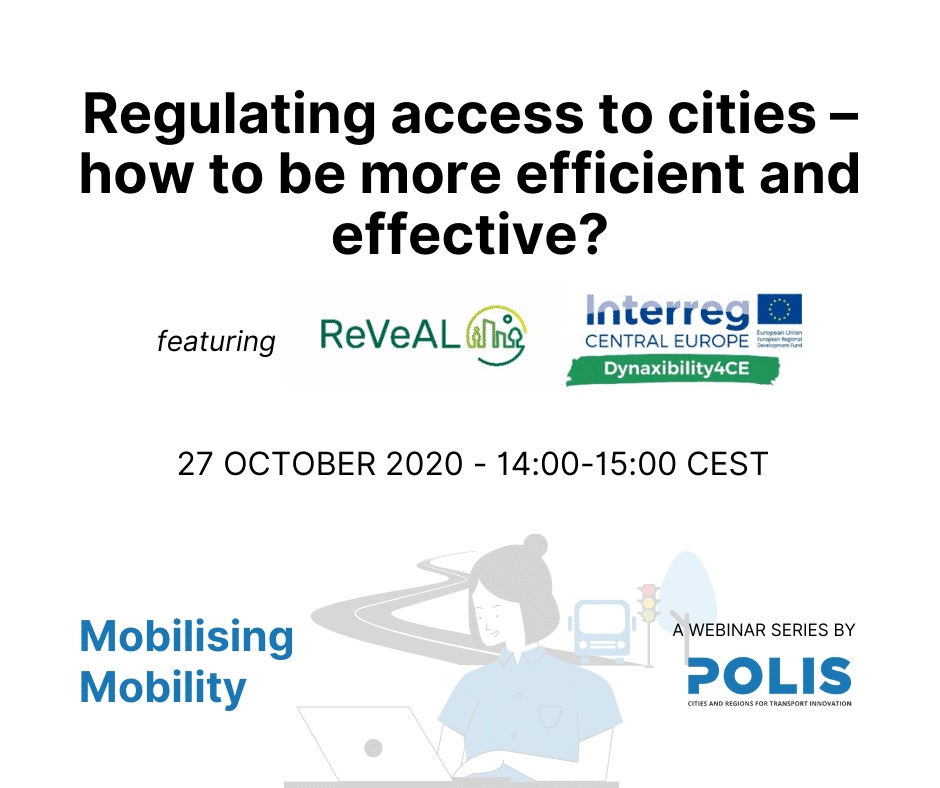
Mobilising Mobility: Regulating access to cities: how to be more efficient and effective?
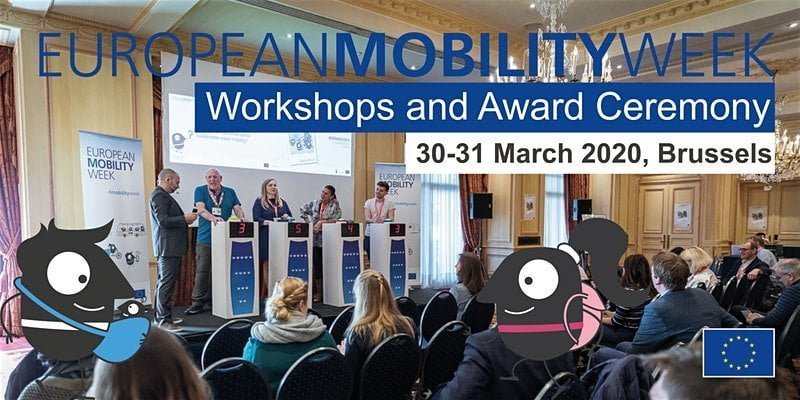
EUROPEANMOBILITYWEEK Workshops and Award Ceremony 2020

Modal Choice in a Multimodal Transport System
THE PEP Relay Race: Active mobility – Making the change towards a green and healthy urban transport environment
FLOW and TRACE final conference: Decongesting Europe – New approaches to freeing our cities
Fighting Transport Poverty with the Social Climate Fund
Active travel for all ages
The 15-minute city: From concept to practice
Active Travel & Health Just Transition Webinar report
Determinants and barriers of walking, cycling and using Personal eTransporters: a survey in nine European cities
Introducing ISAAC: How to achieve modal shift without compromising road safety?
Press release
How Cities across Europe Beat Road Congestion
FLOW and TRACE final conference: Programme
FLOW dynamics: a multimodal perspective on congestion
Polis Position on the upcoming decarbonisation transport strategy
More EU Budget for Transport
Fit for Life report, 2016
Fit for Life report, 2016
PTP-Cycle project Final report
NICHES+ Passenger friendly intermodal interchanges
Member in the Spotlight: Amsterdam’s new Strategic Plan for Road Safety
Member in the Spotlight: Barcelona uses technology for improving its mobility systems
The Bristol Method: How to create liveable Communities
The Bristol Method: How to get more People riding Bikes and walking
The Bristol Method: How to increase Public Transport Use
The Bristol Method: How to reduce Traffic and its Impacts
Crowd management in Amsterdam
Regionet Leuven: From academic research to intergovernmental cooperation
FLOW: Making active modes count in transport modelling
SWITCH: Replacing short car trips by walking and cycling trips
Member in the Spotlight: The year of living sustainably in Bristol
Personal meetings increase walking and cycling among University of Ljubljana staff (Slovenia)
Increasing walking and cycling in Greenwich through personalised travel planning (UK)
Personalised travel planning to boost walking and cycling in Haringey (UK)
Member in the Spotlight: Antwerp Port Improvement in Road Safety
Member in the Spotlight: SUMP in Dresden
Member in the Spotlight: Thessaloniki’s tremendous effort to implement SUMP in a difficult working environment
Member in the Spotlight: urban freight solutions in Brussels
Walking in London

